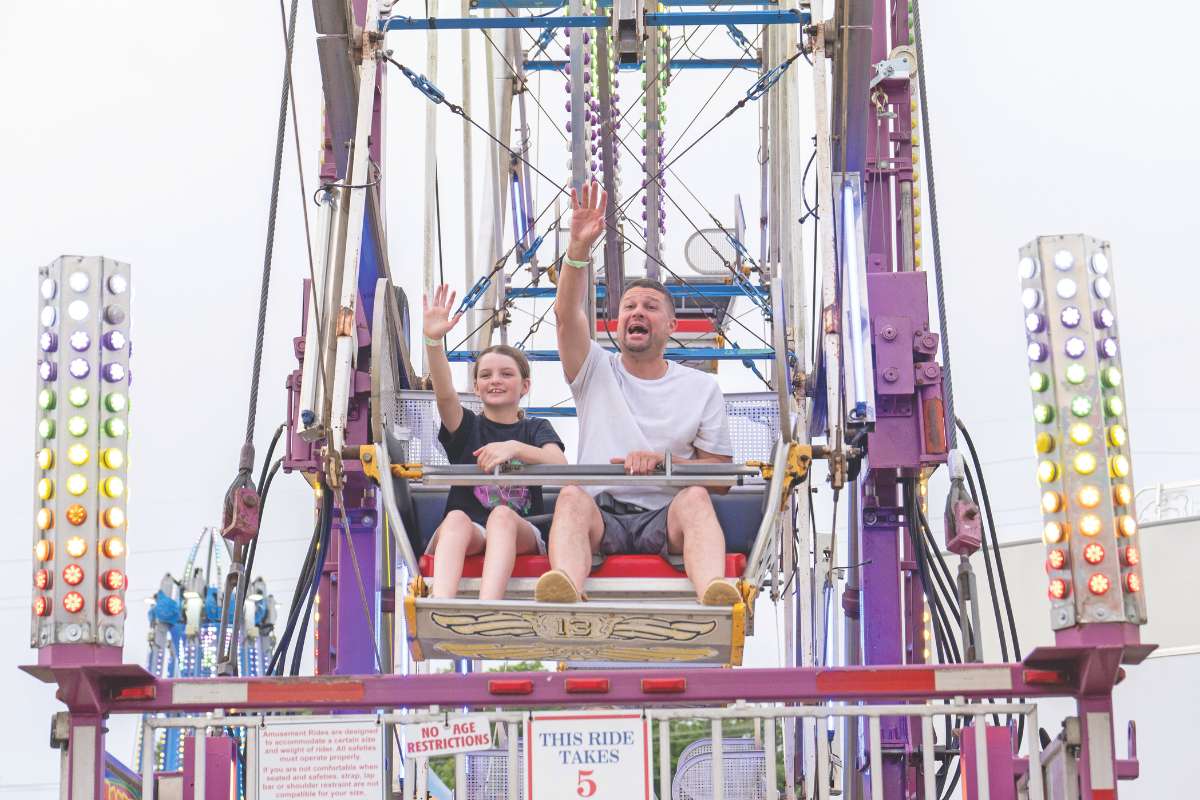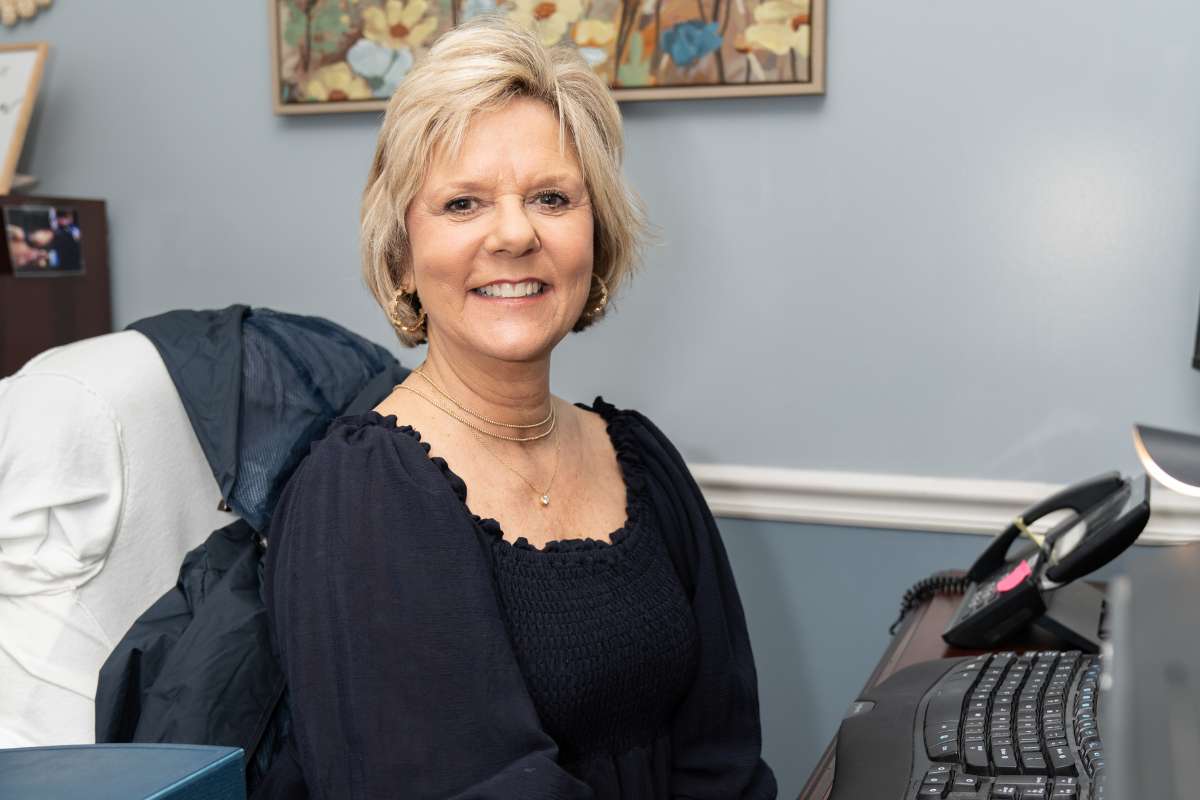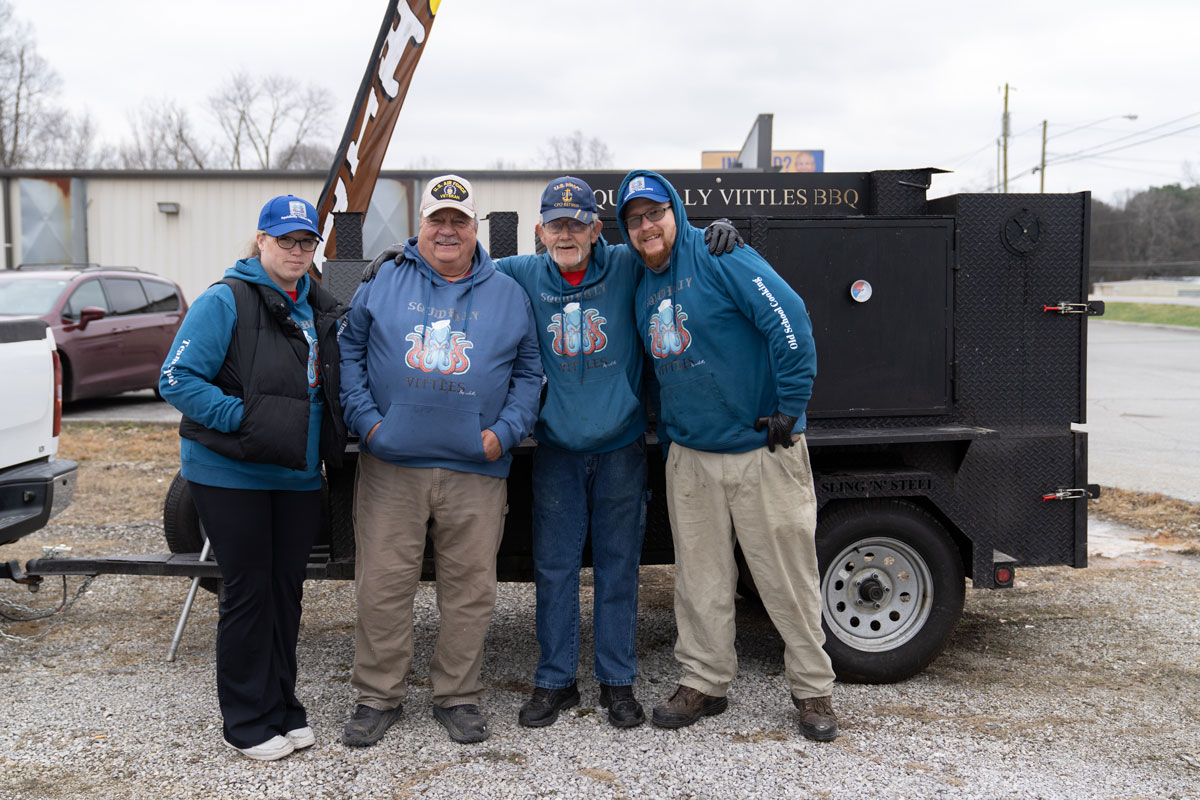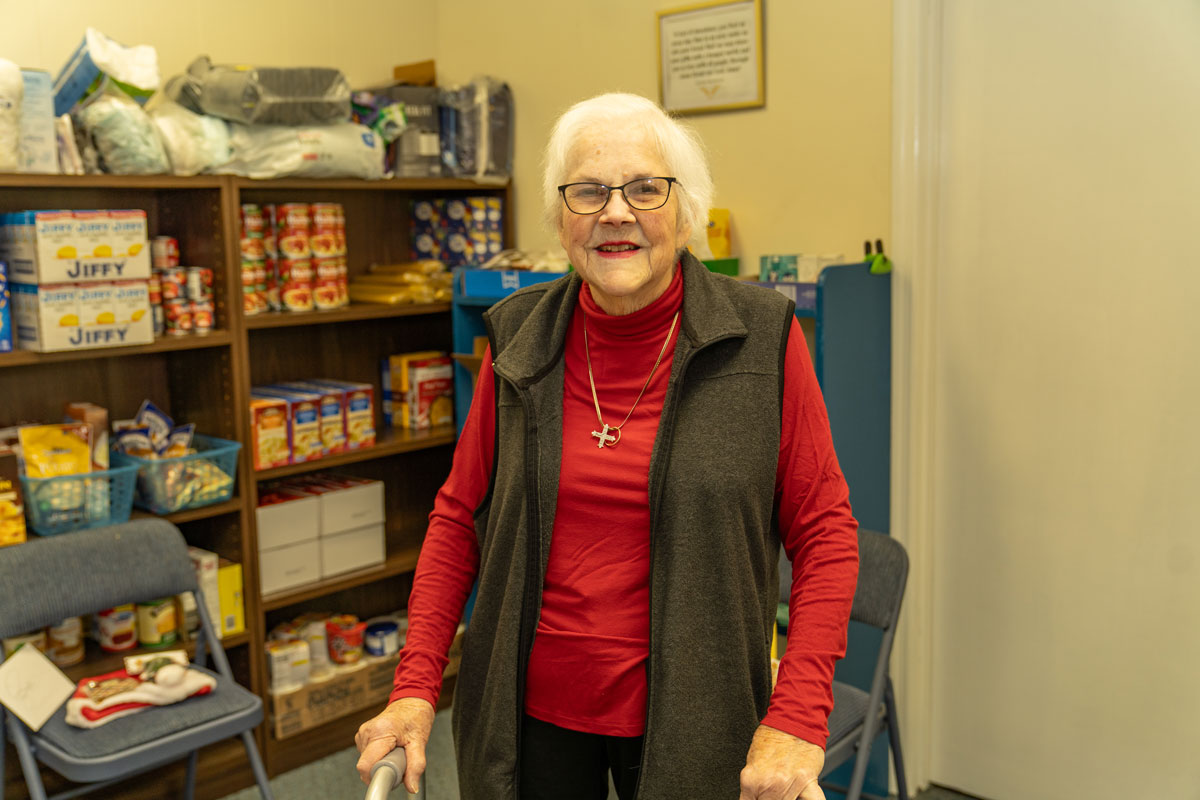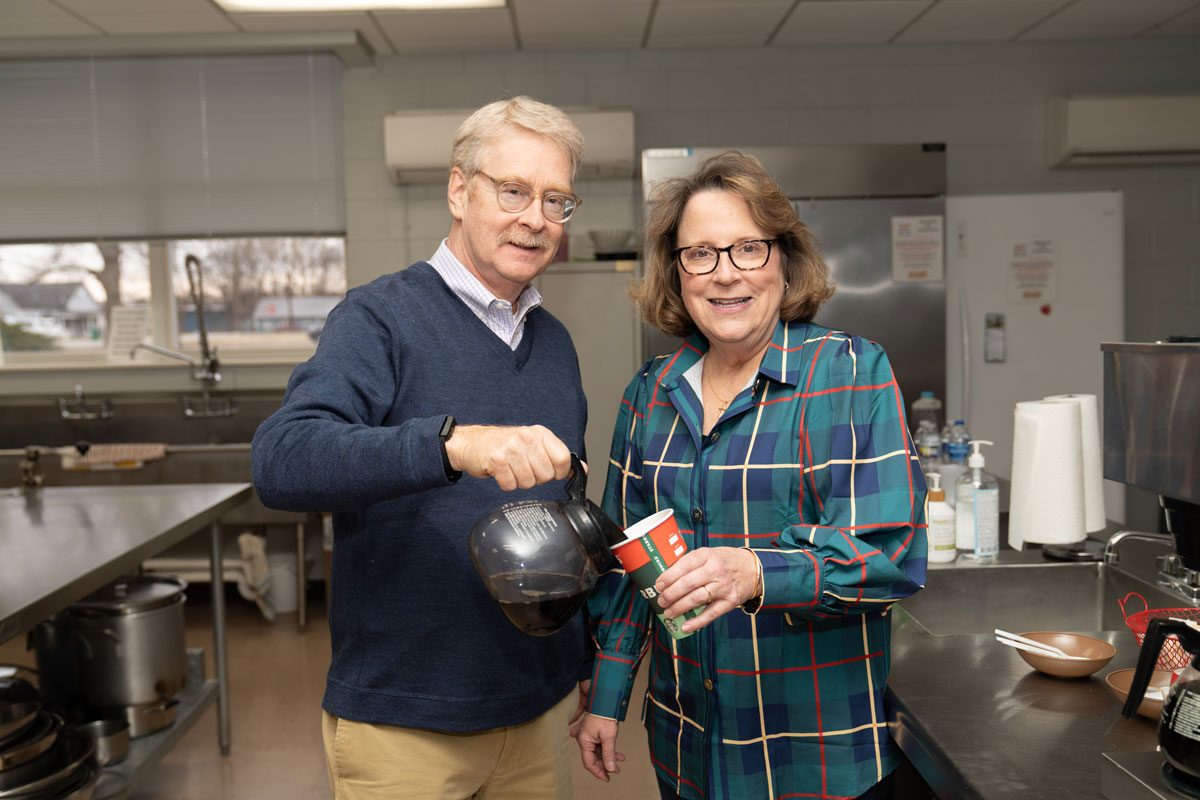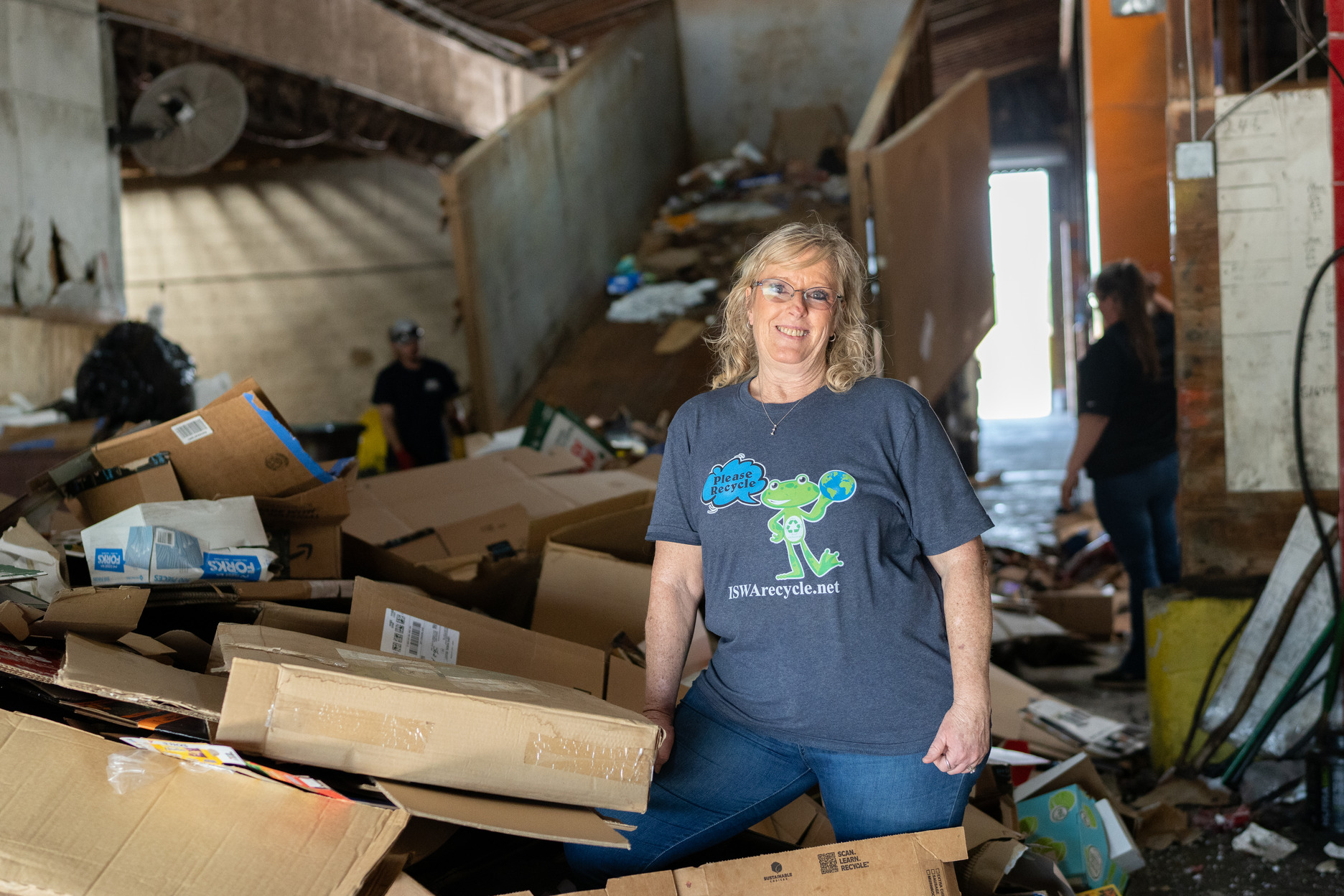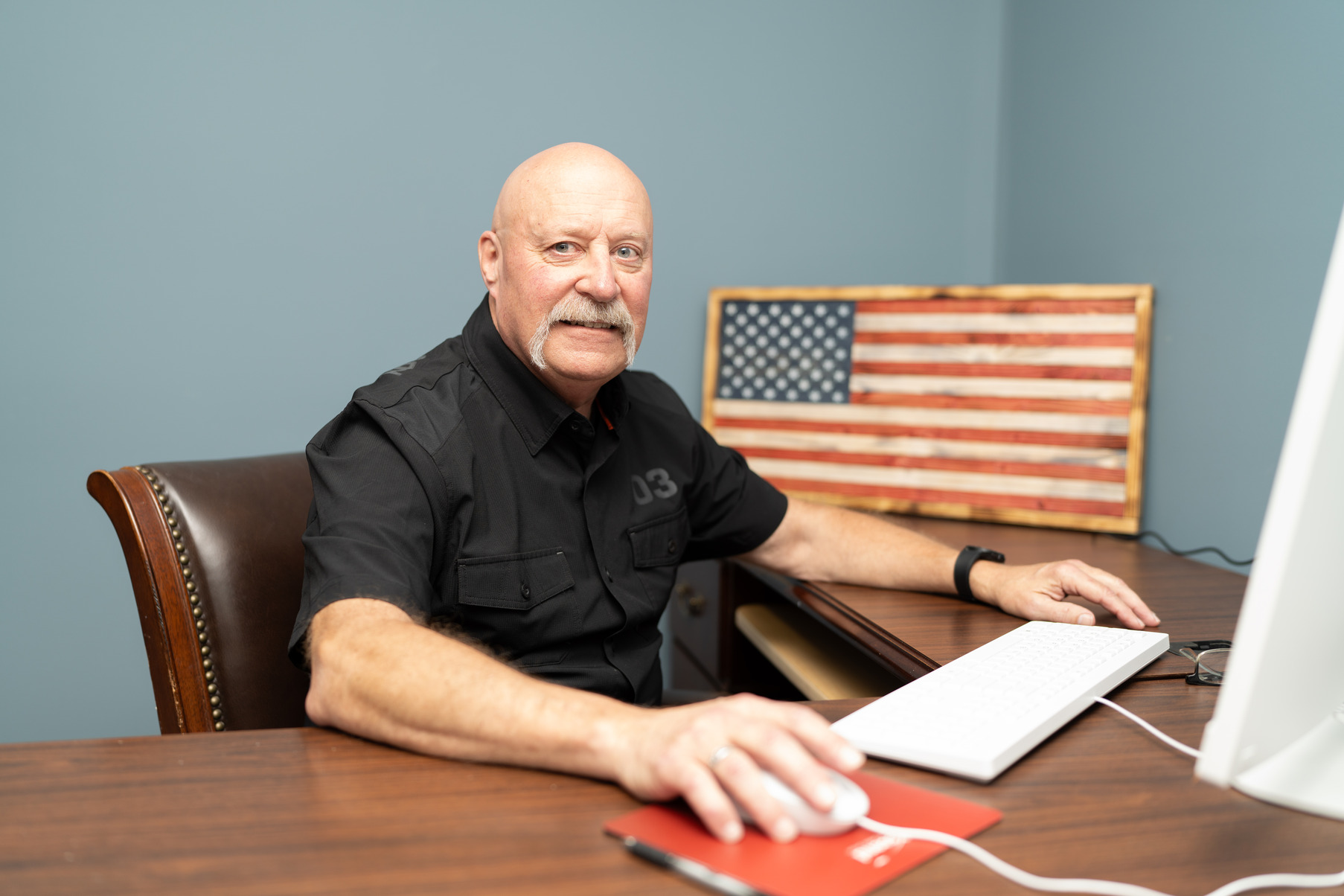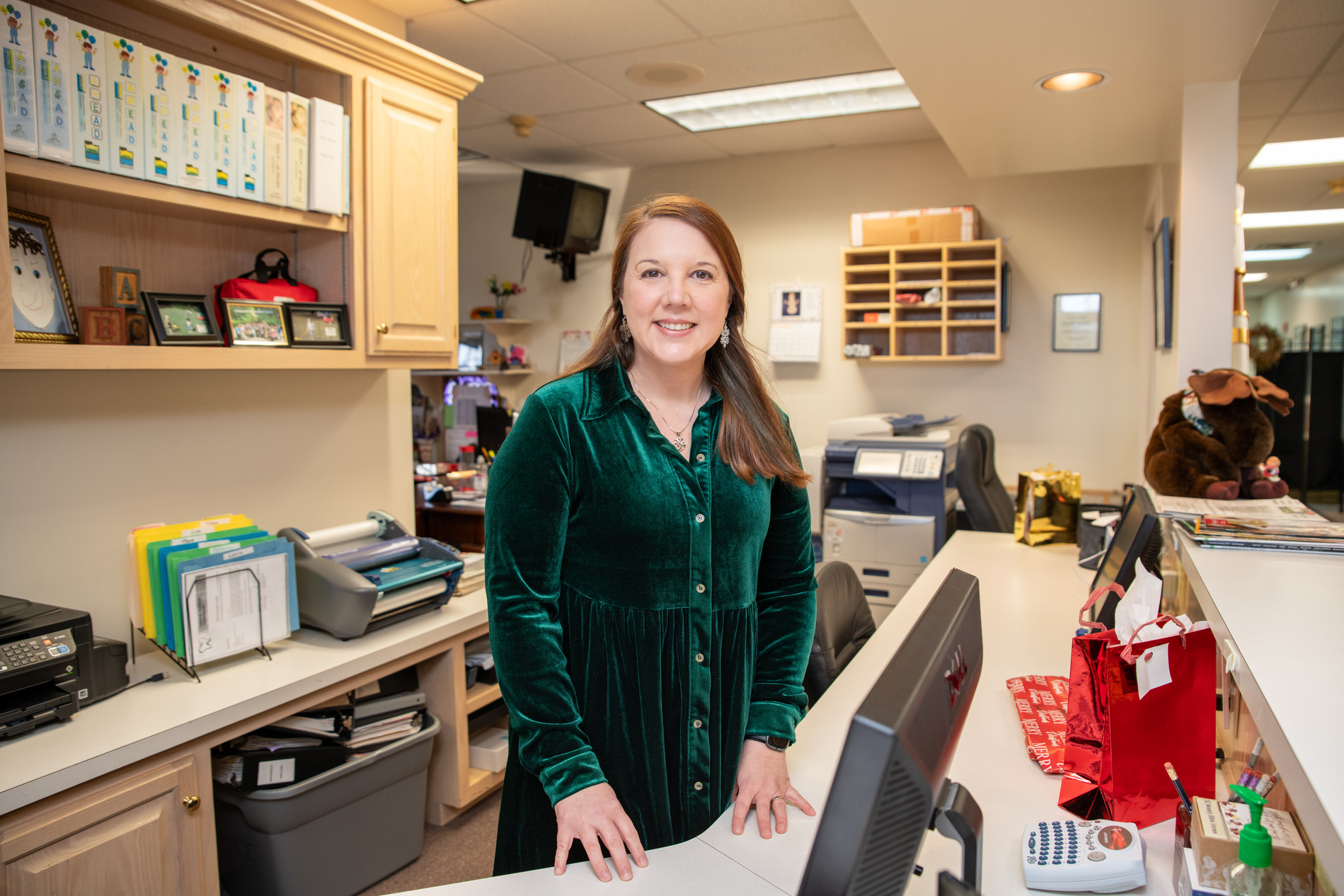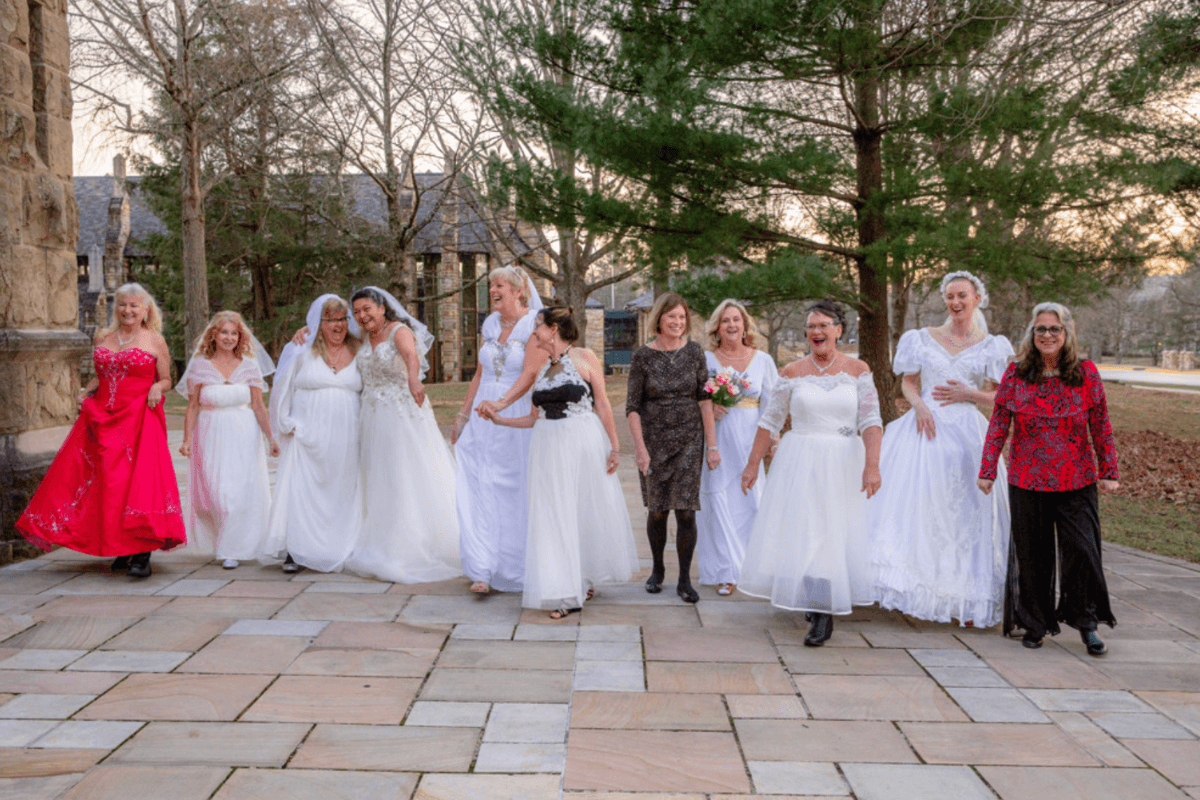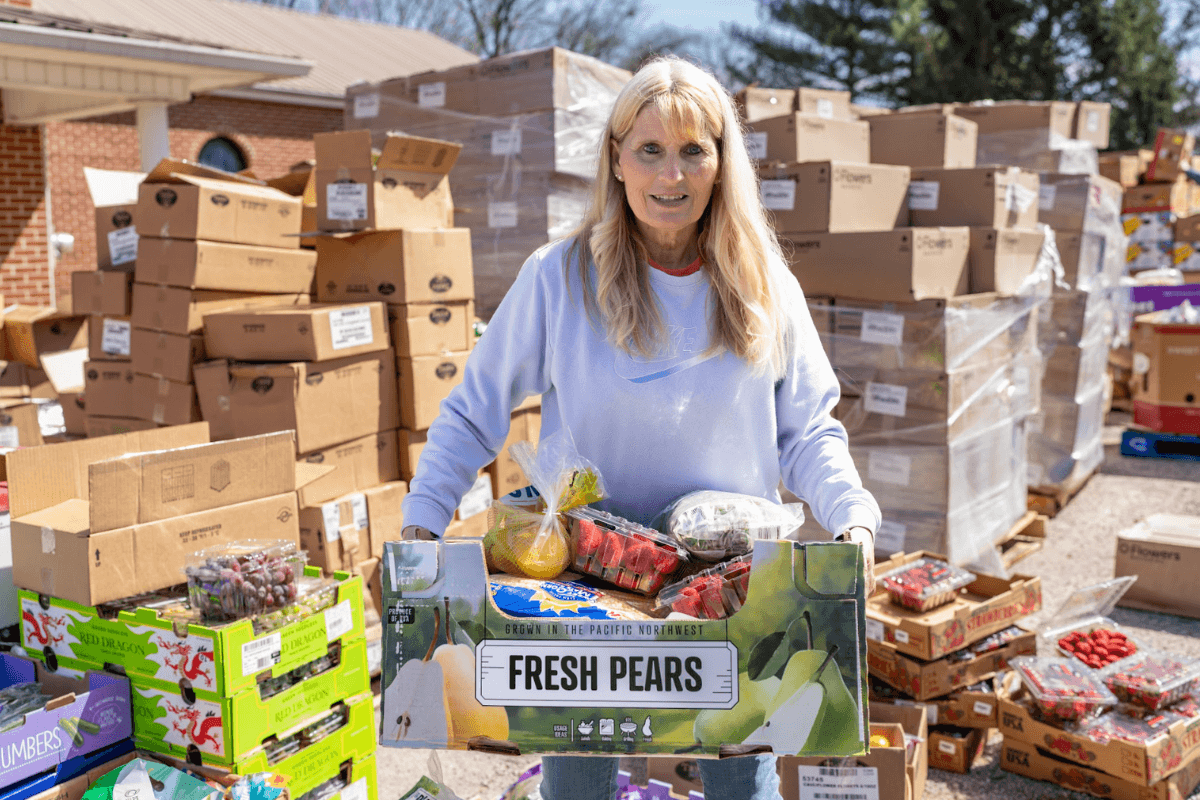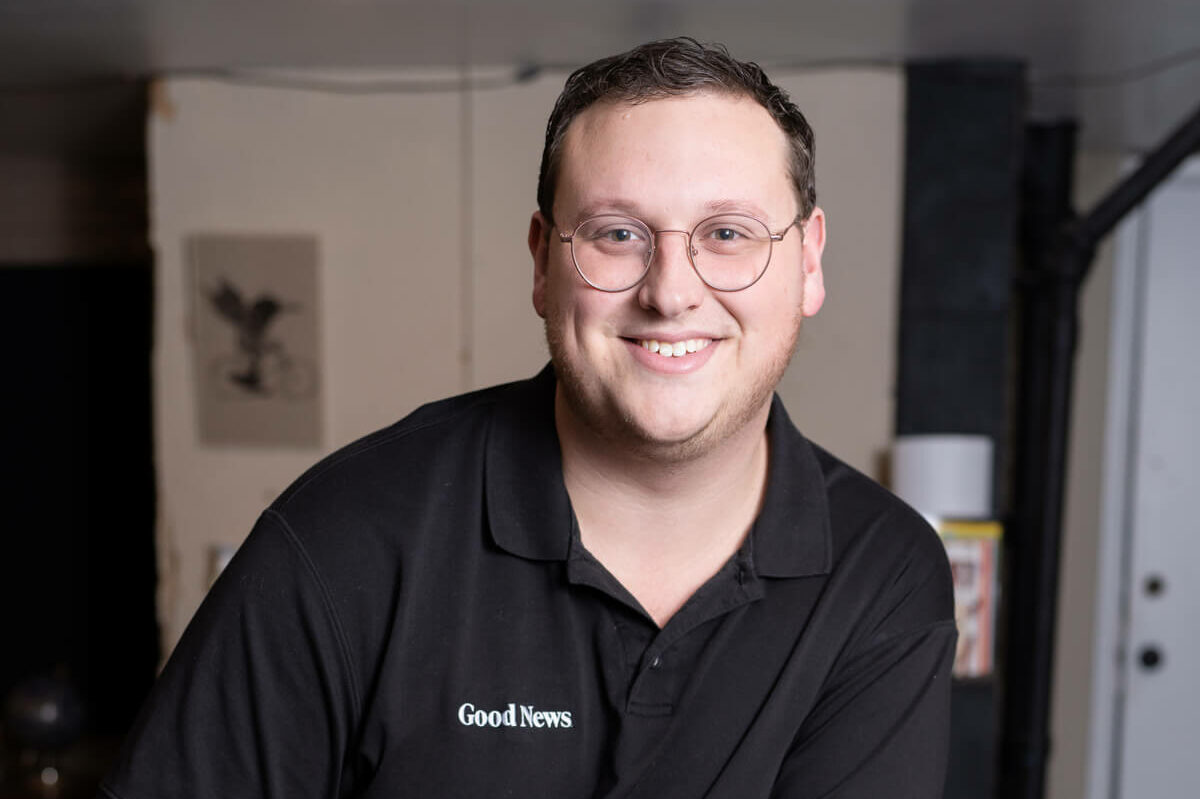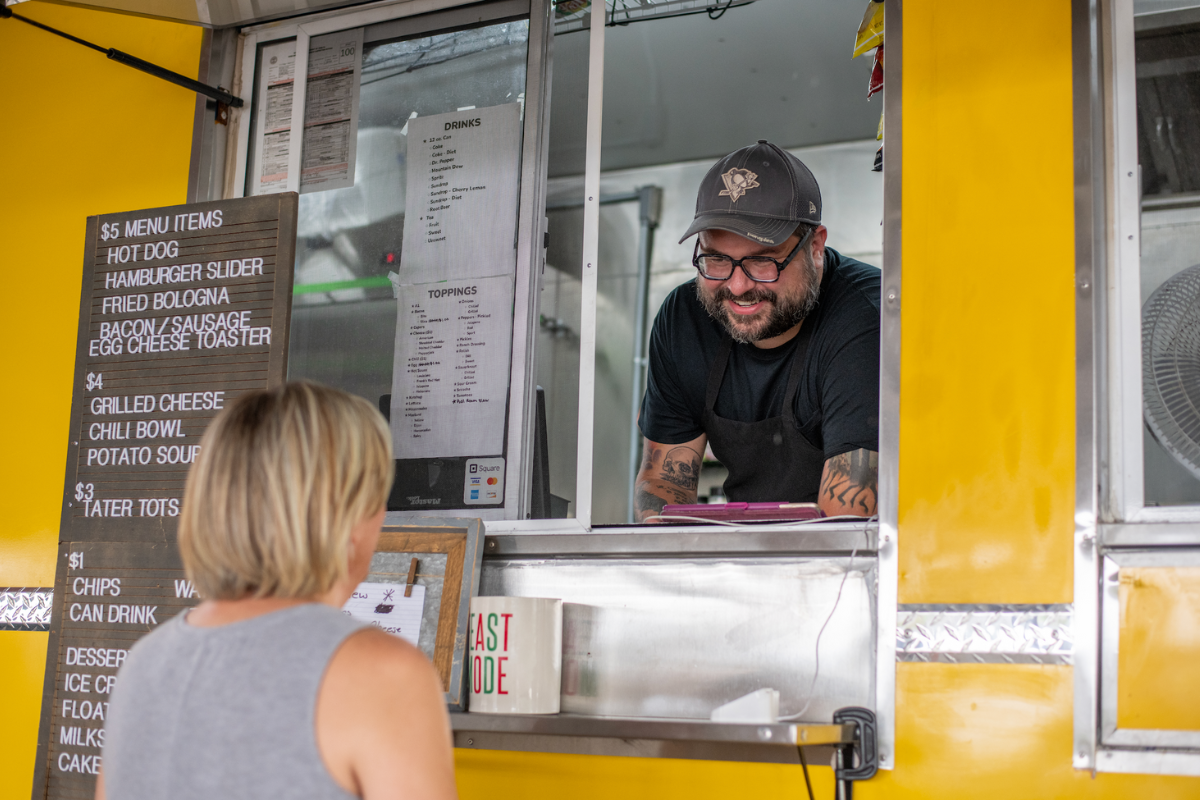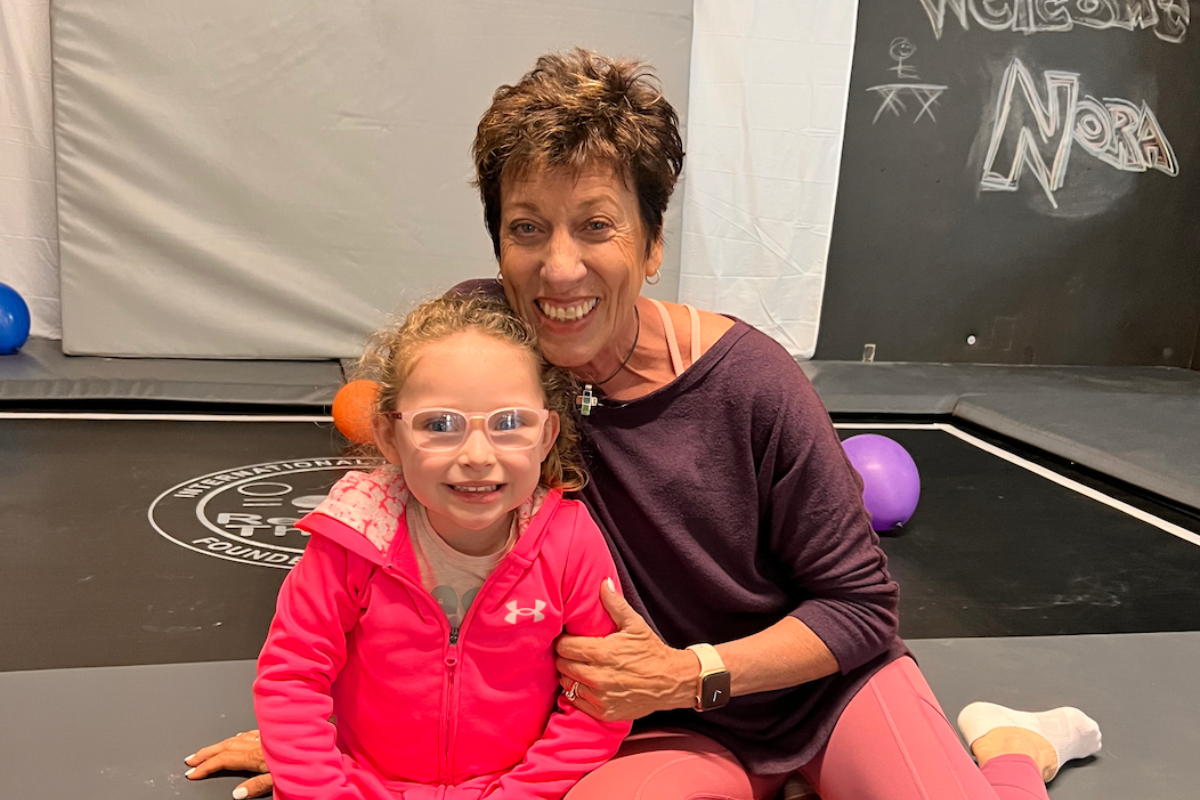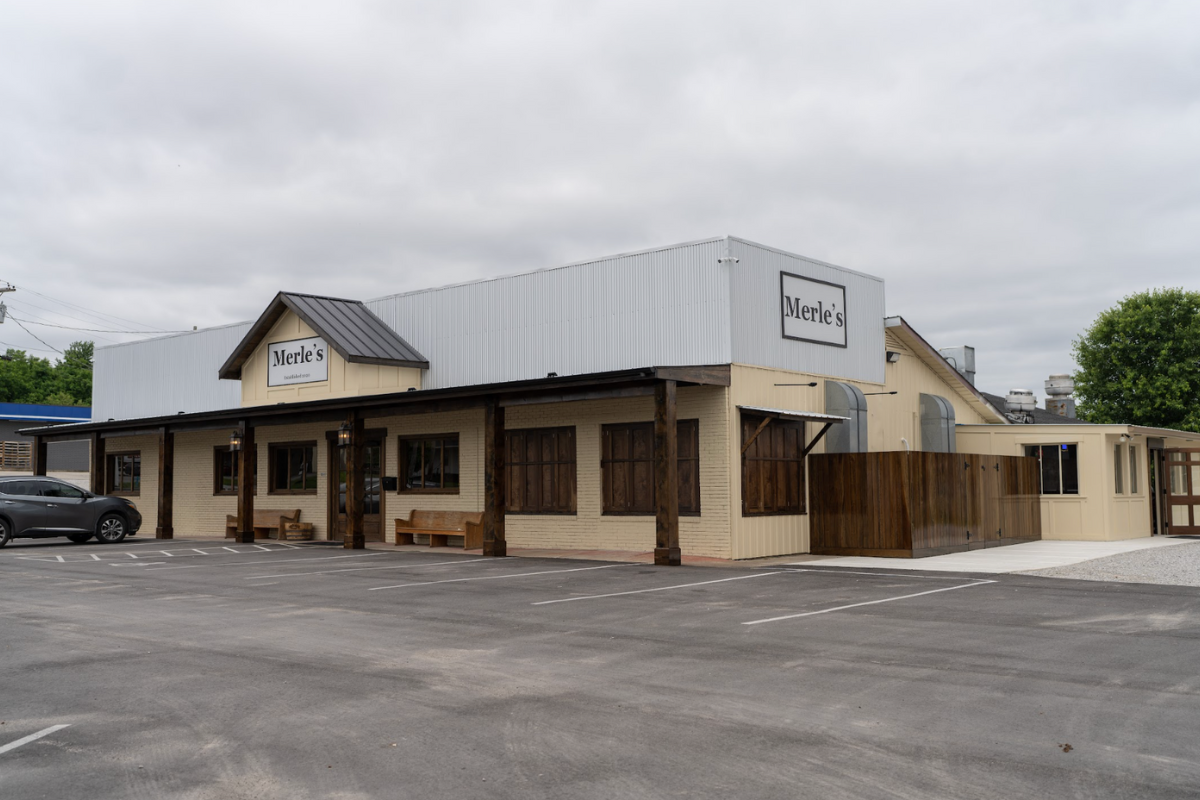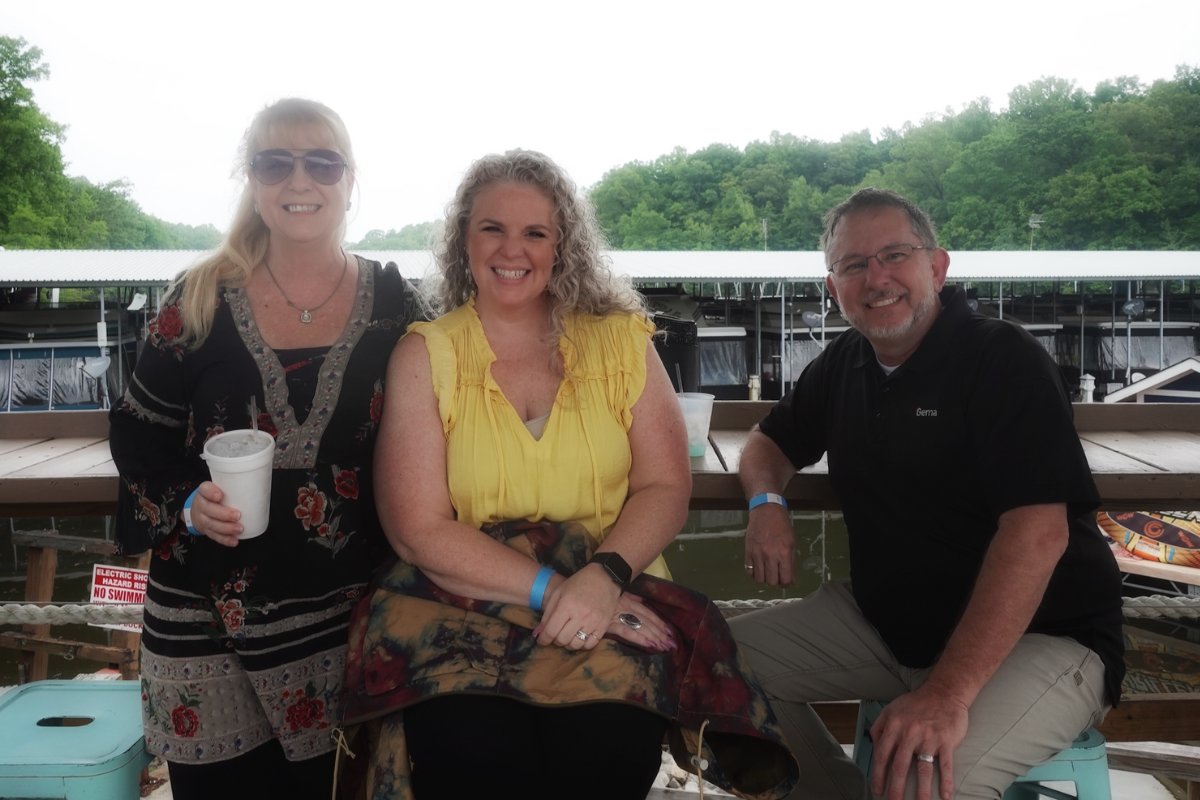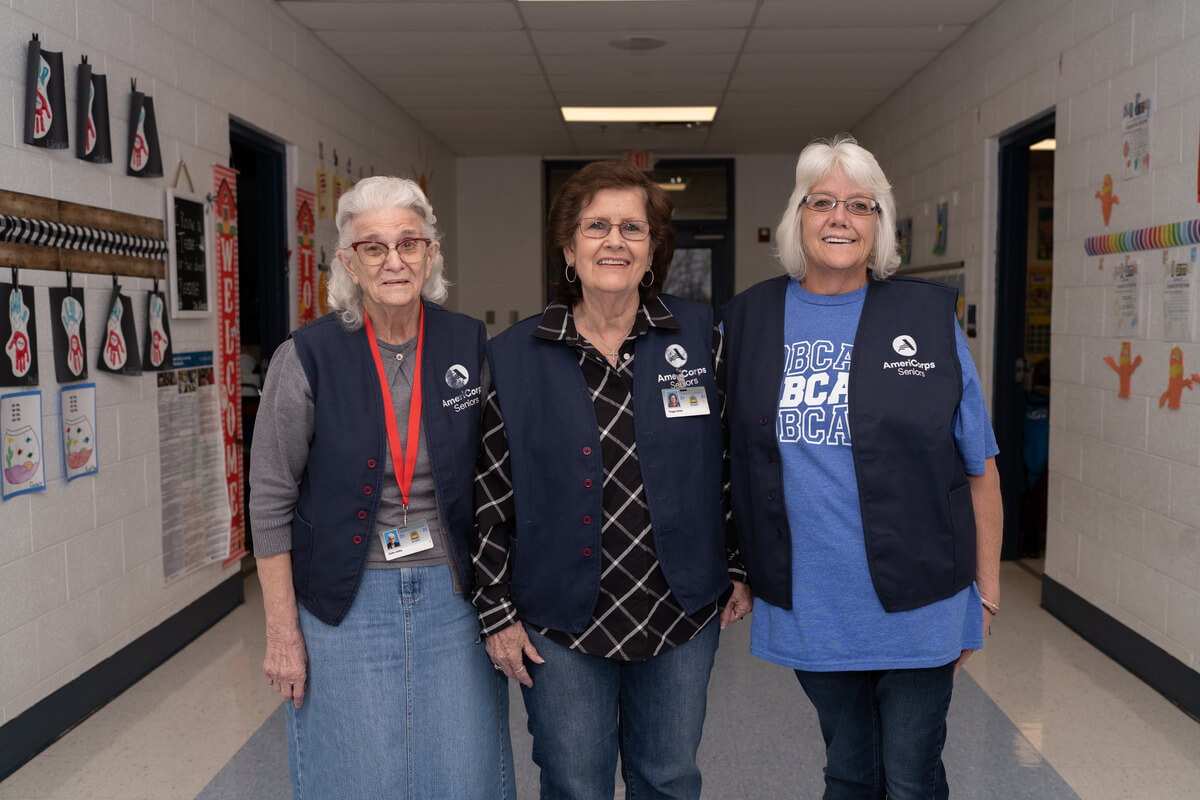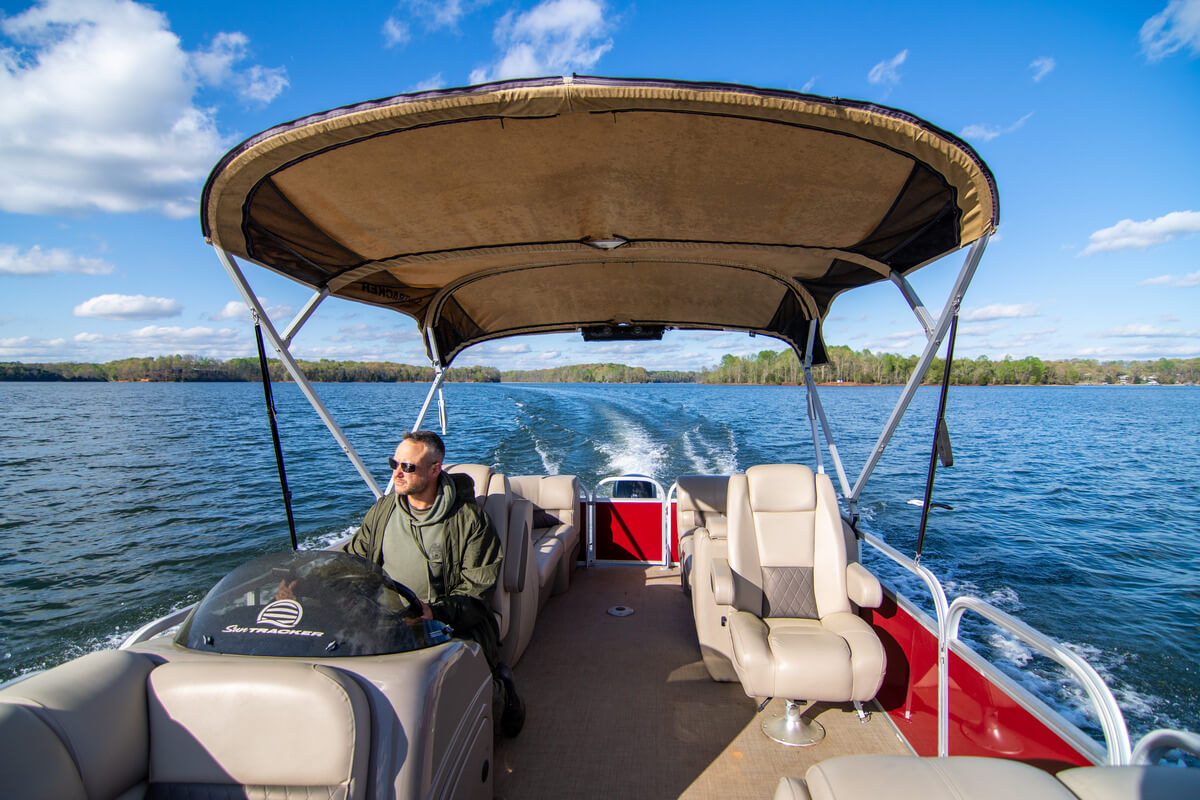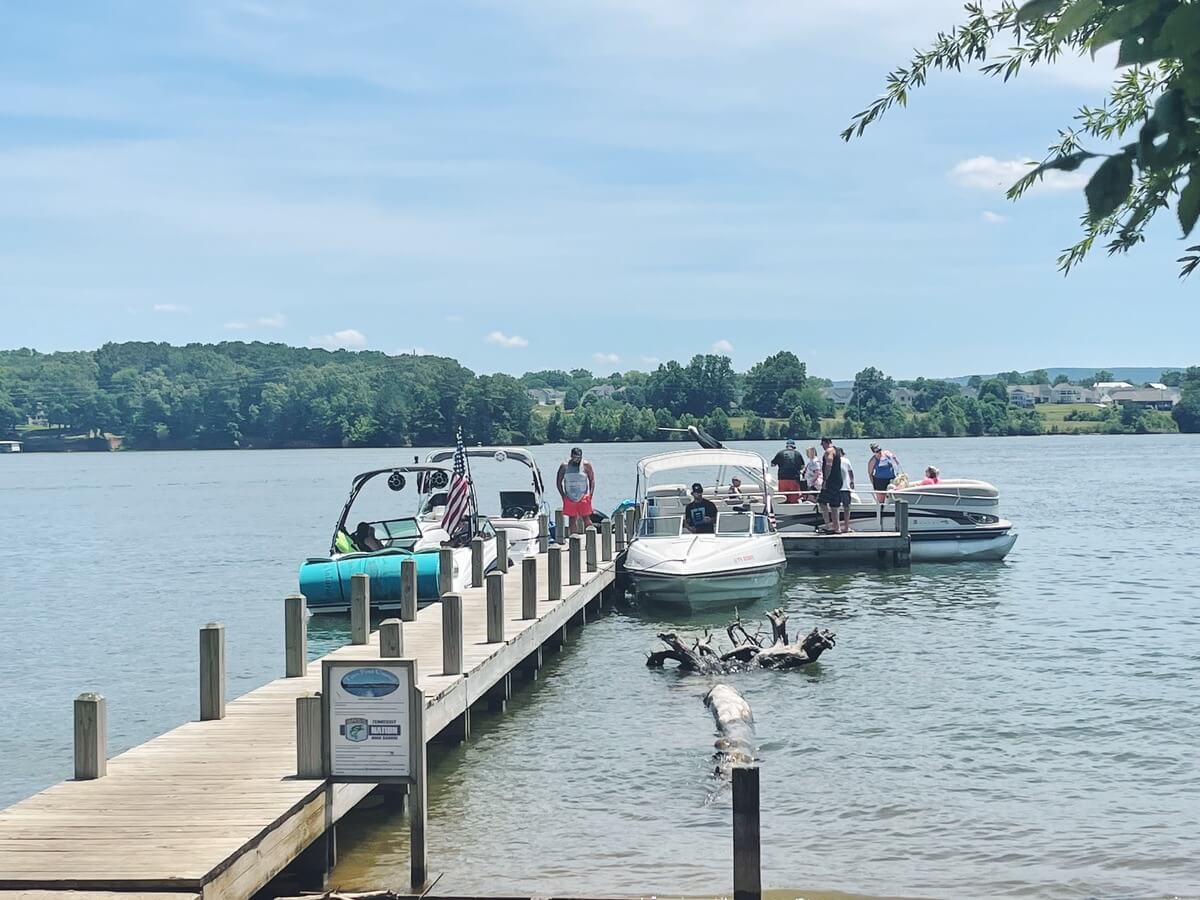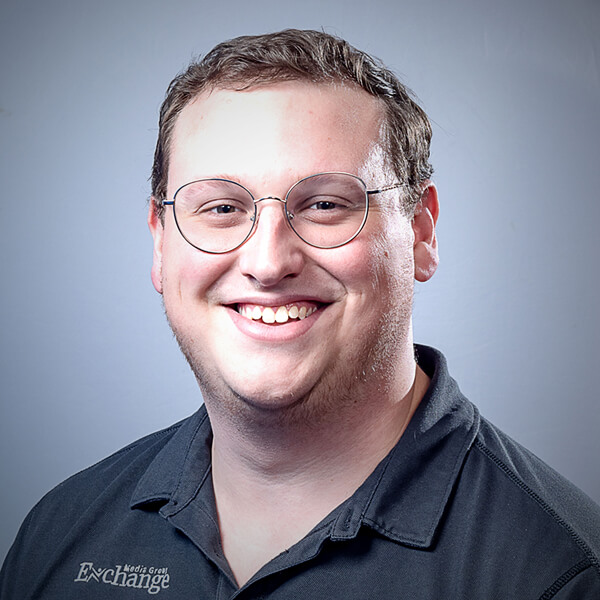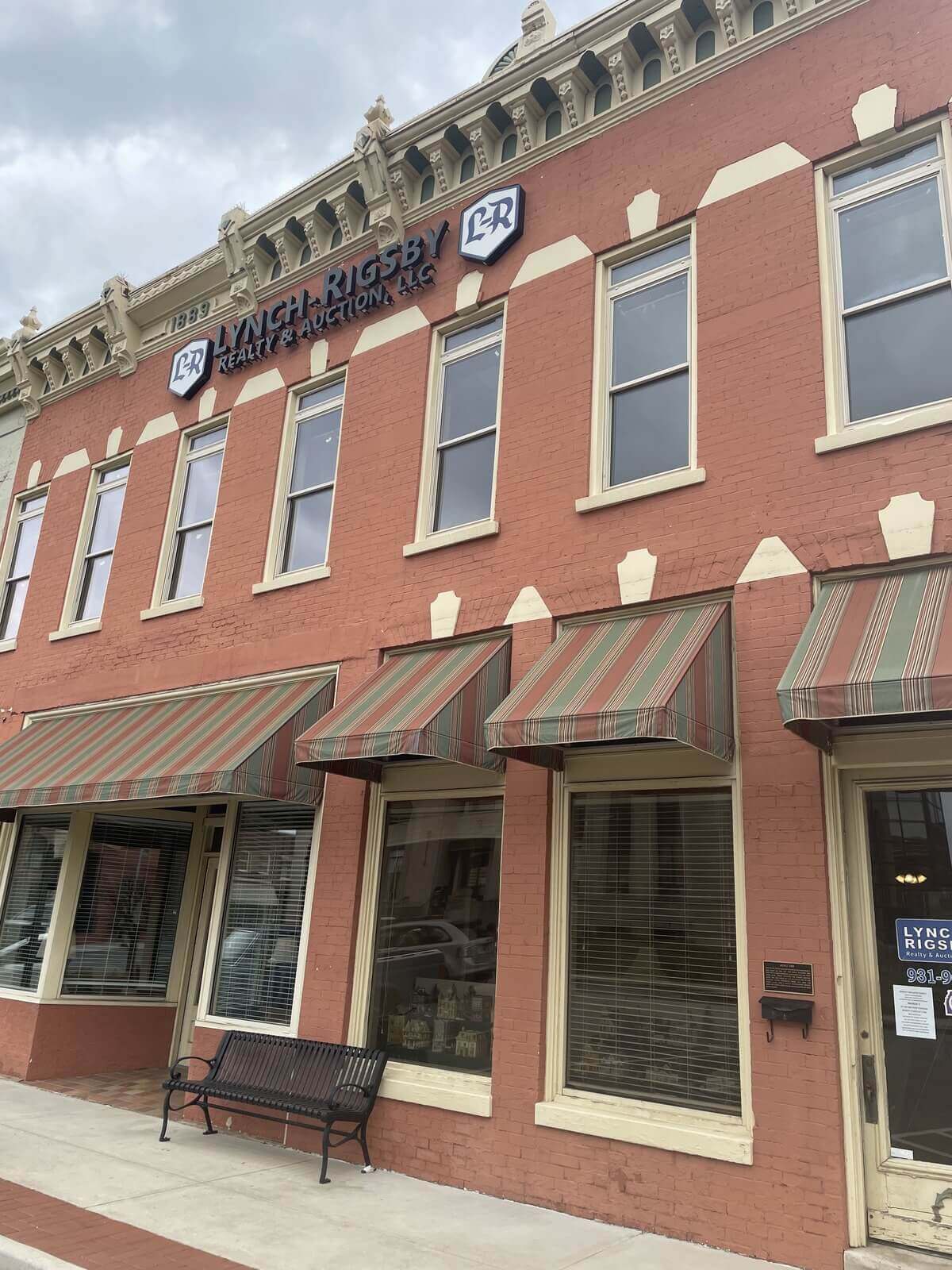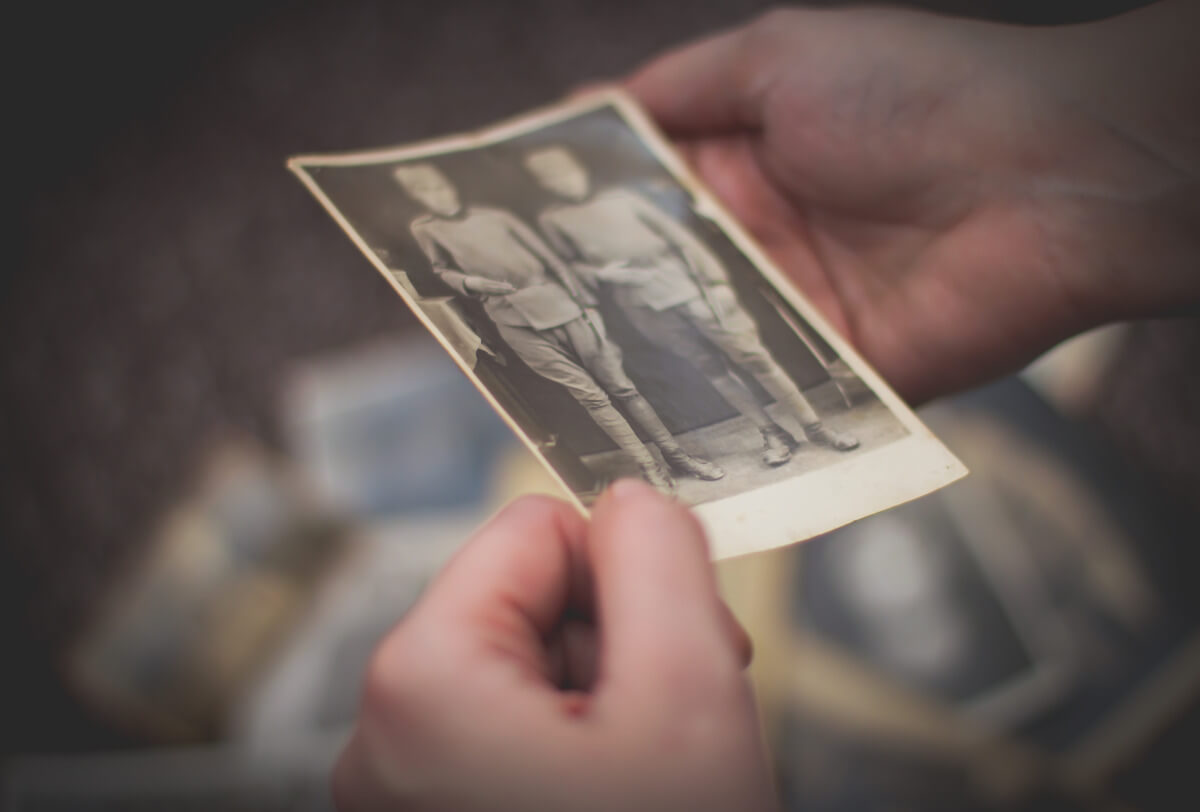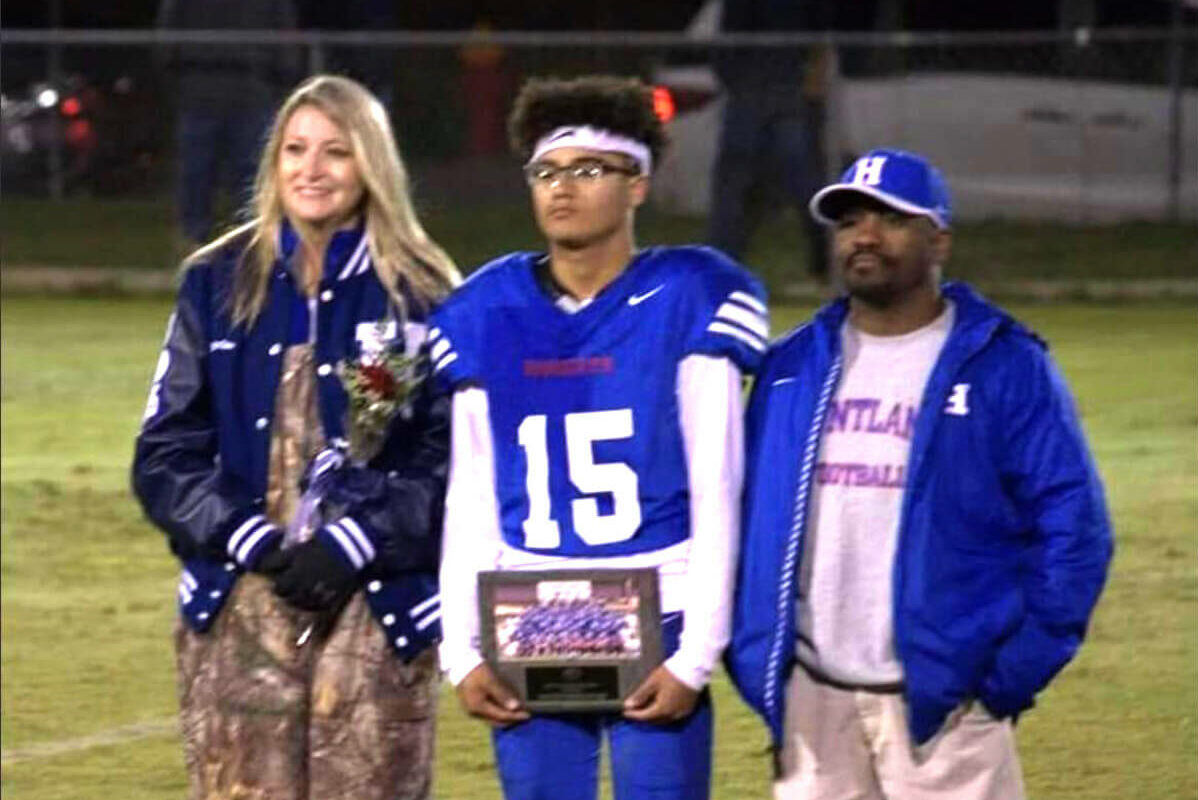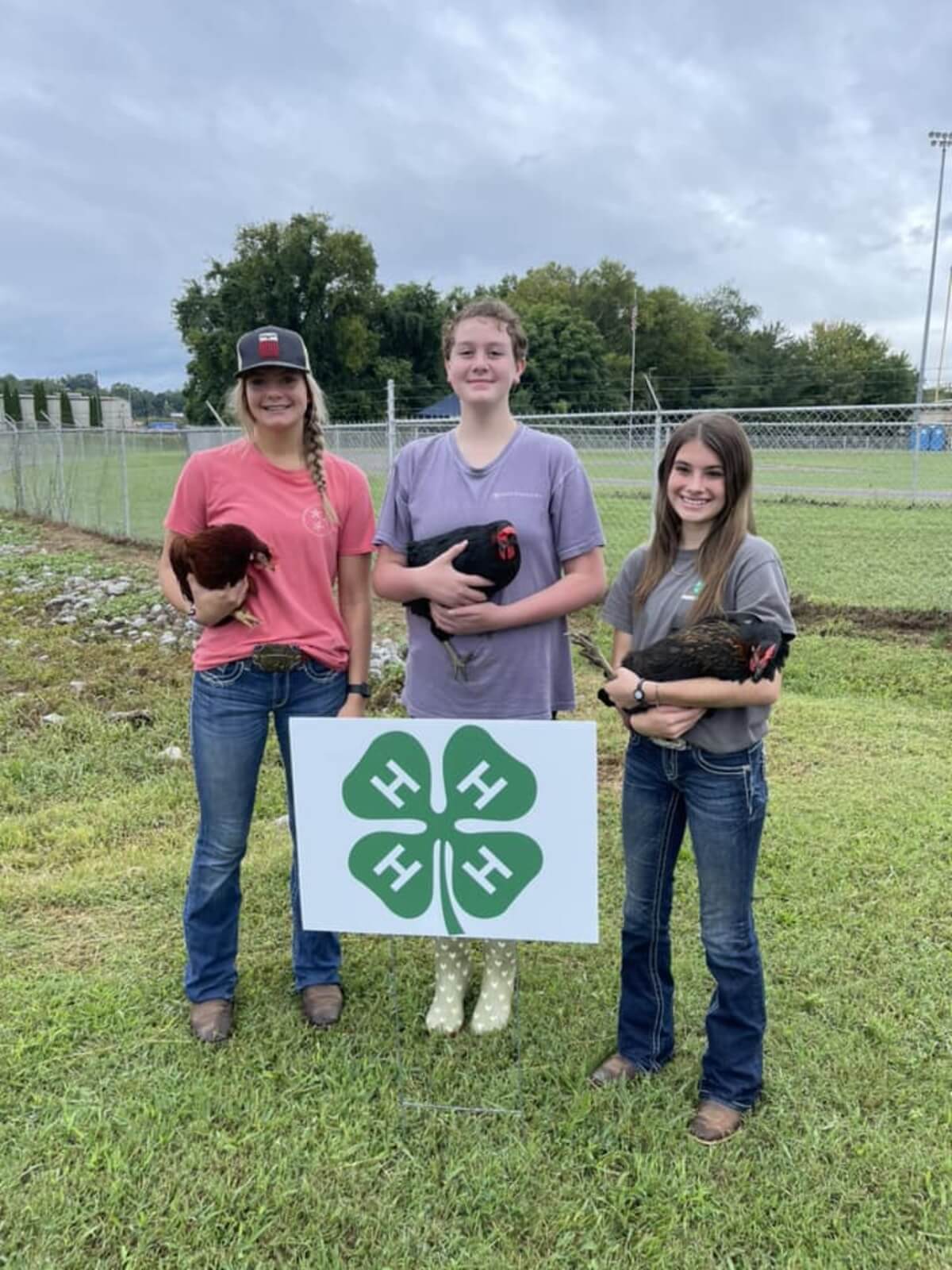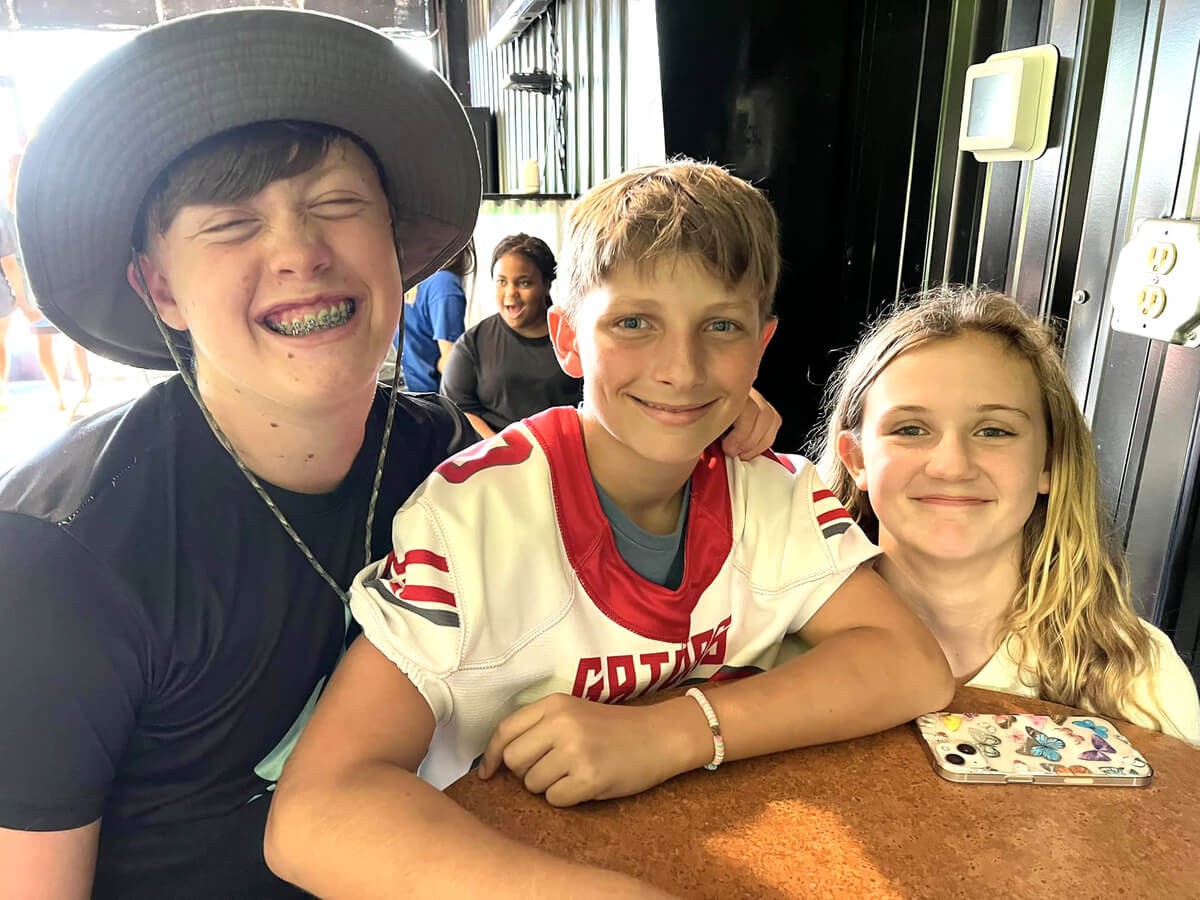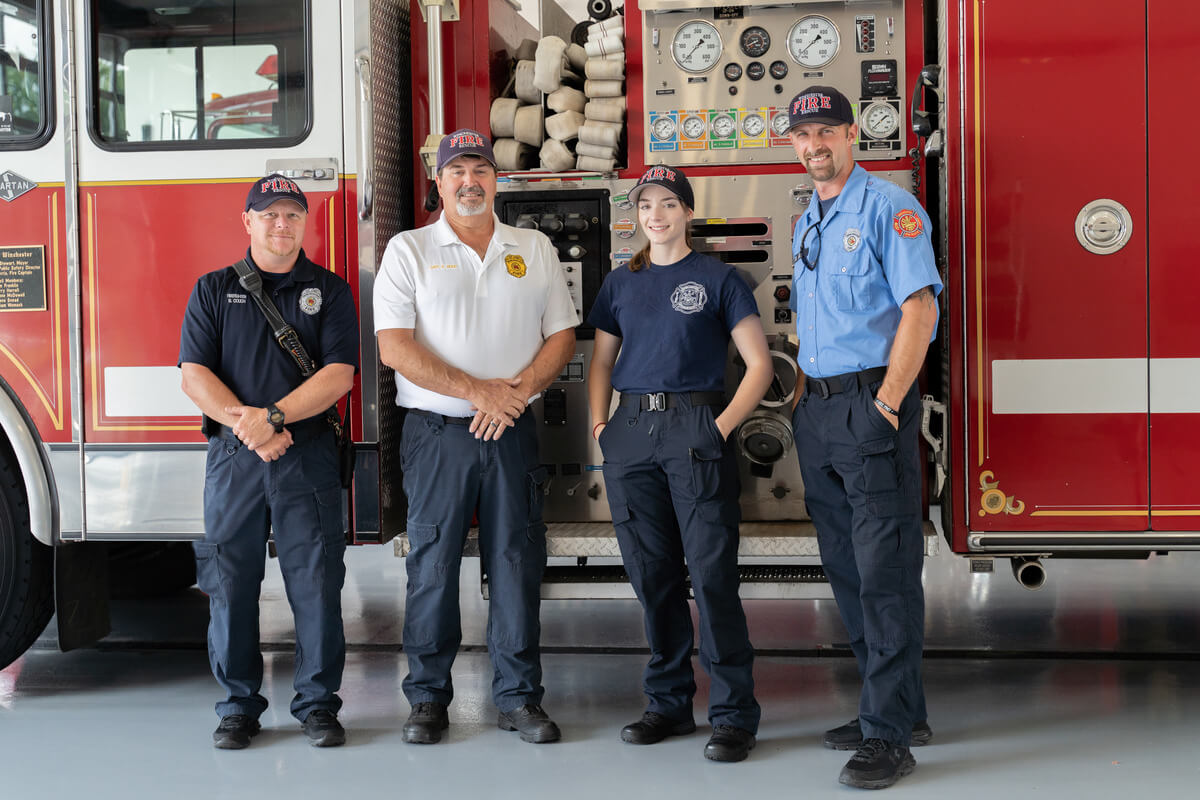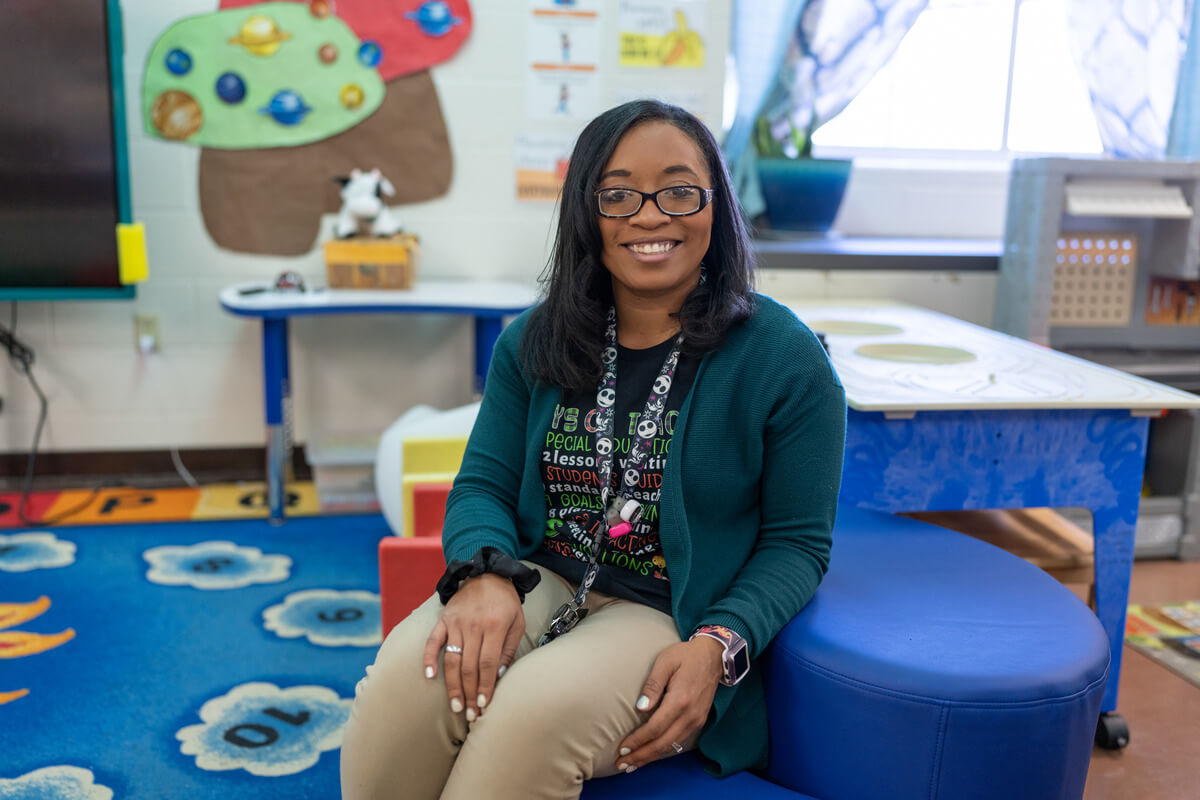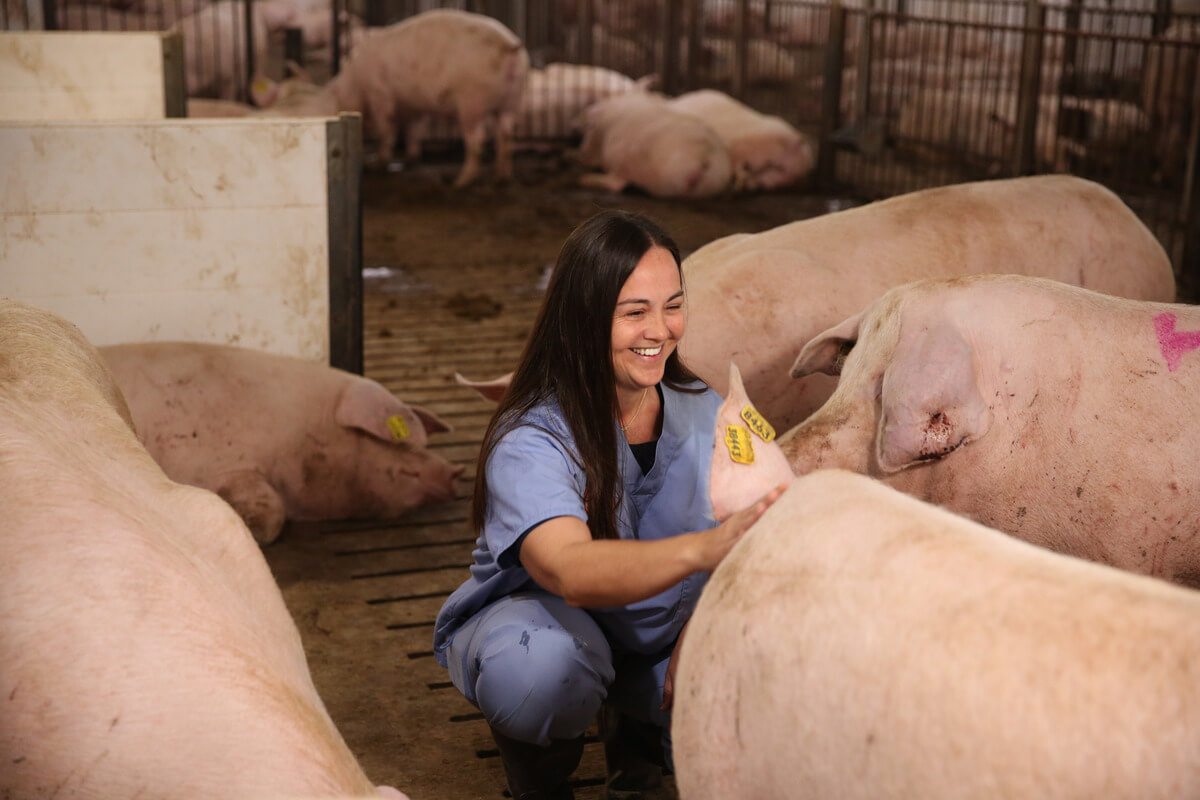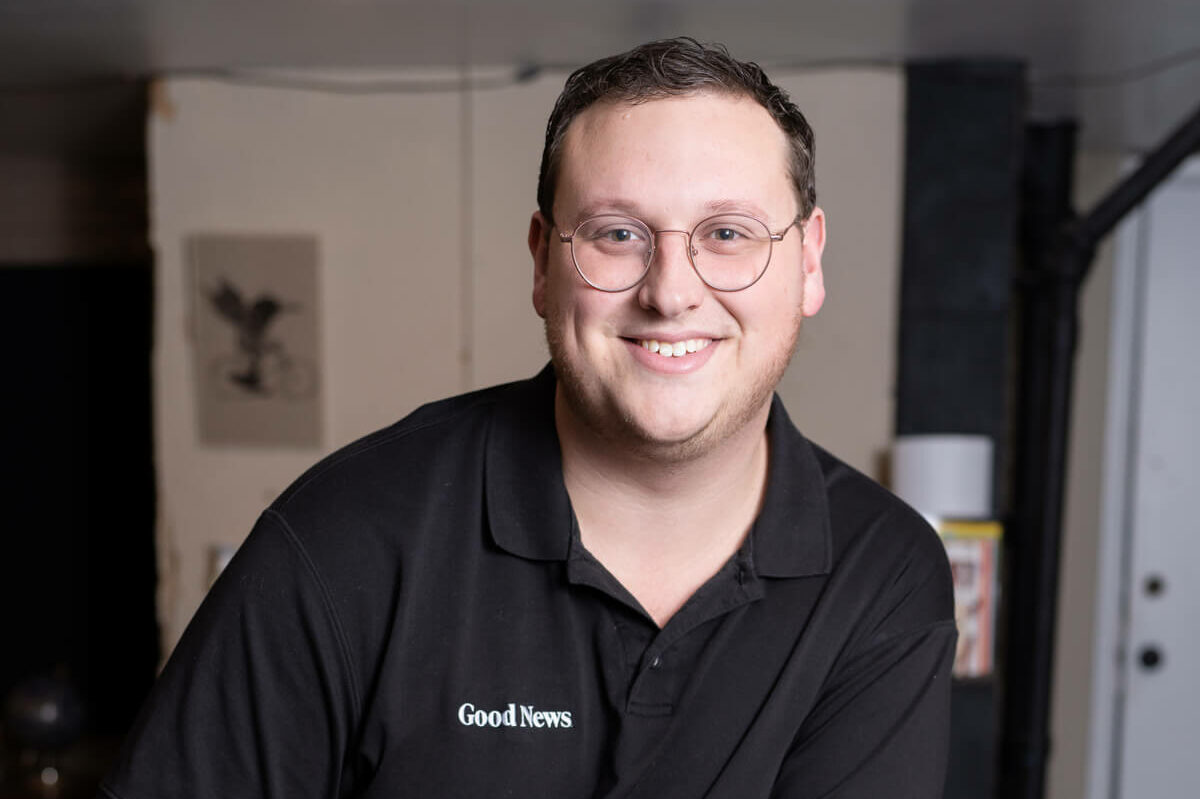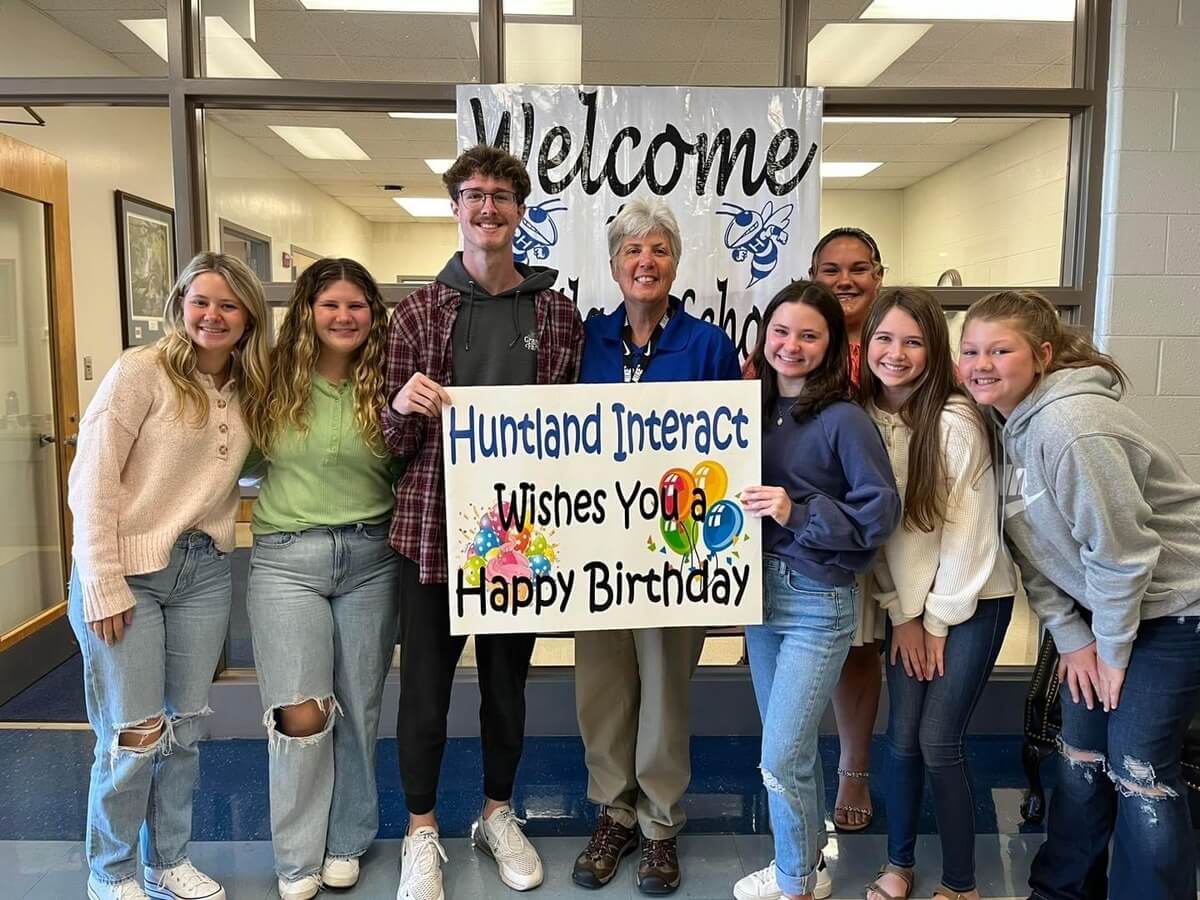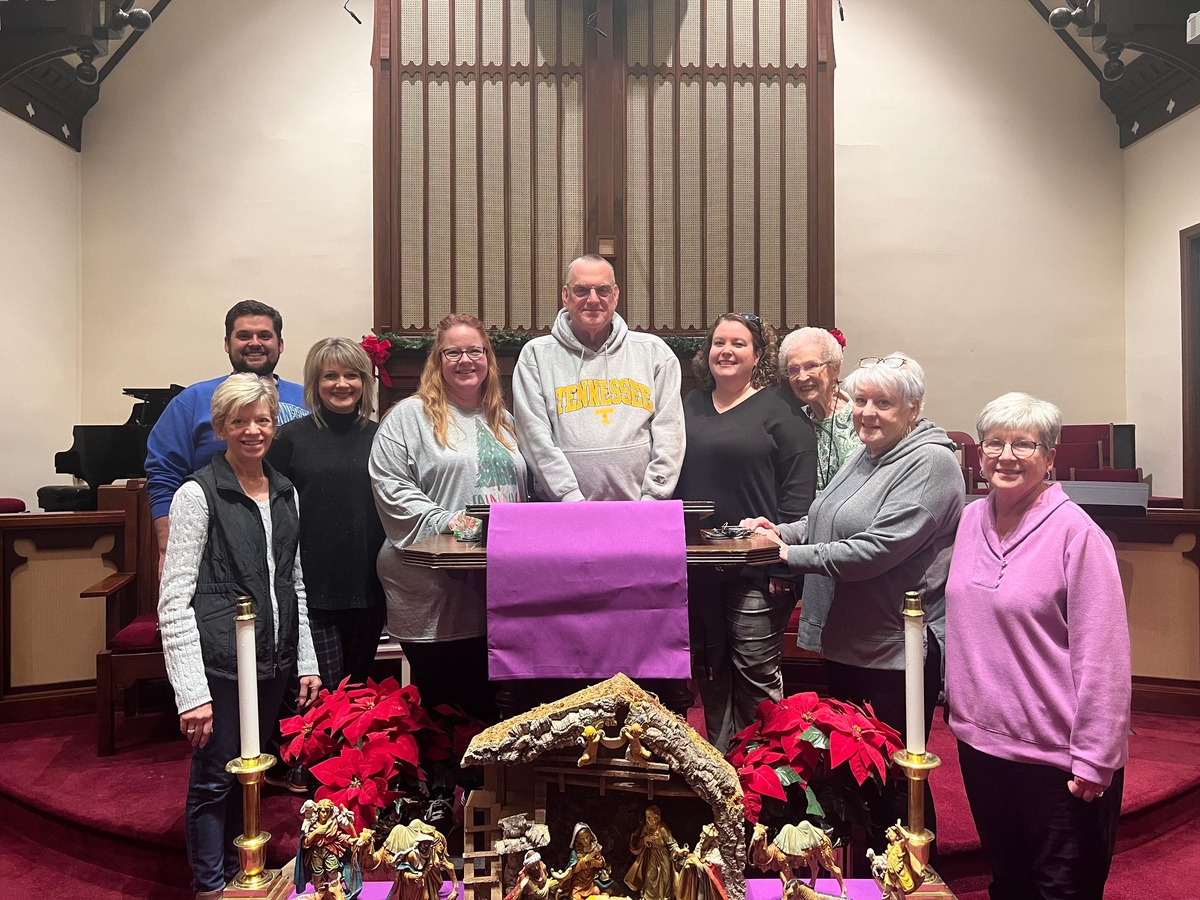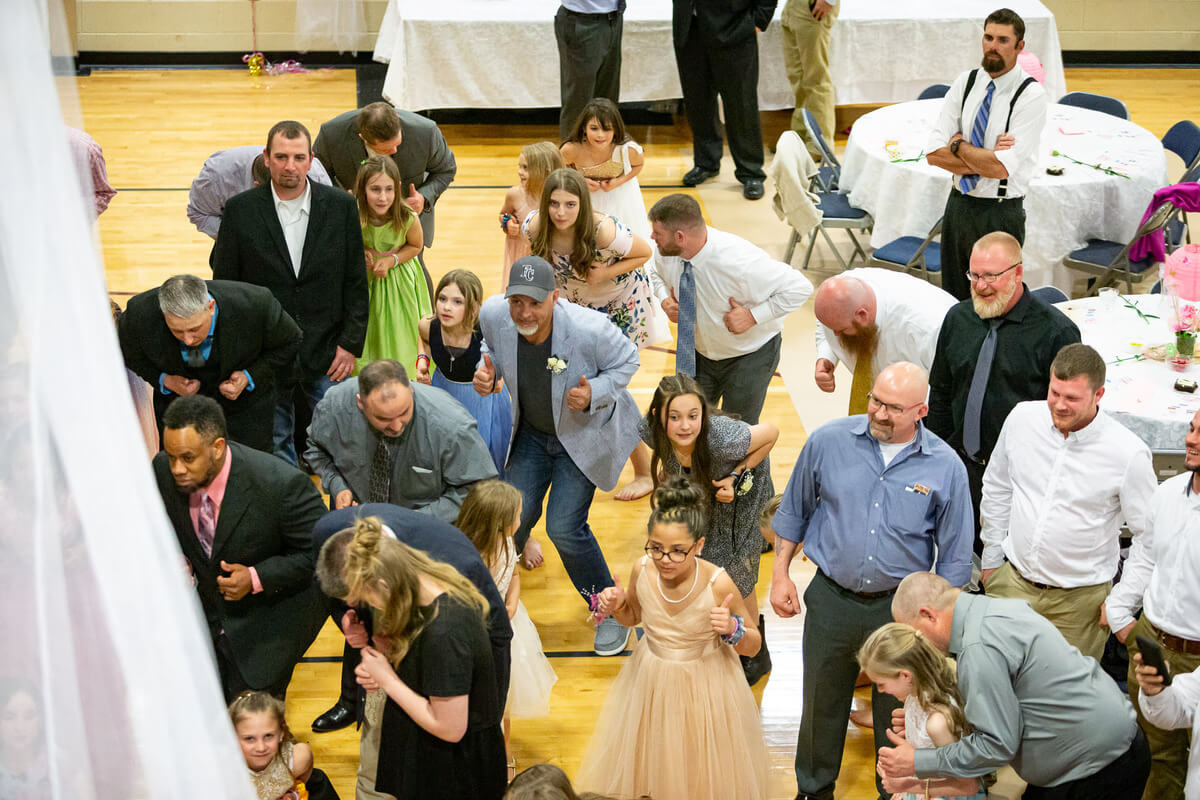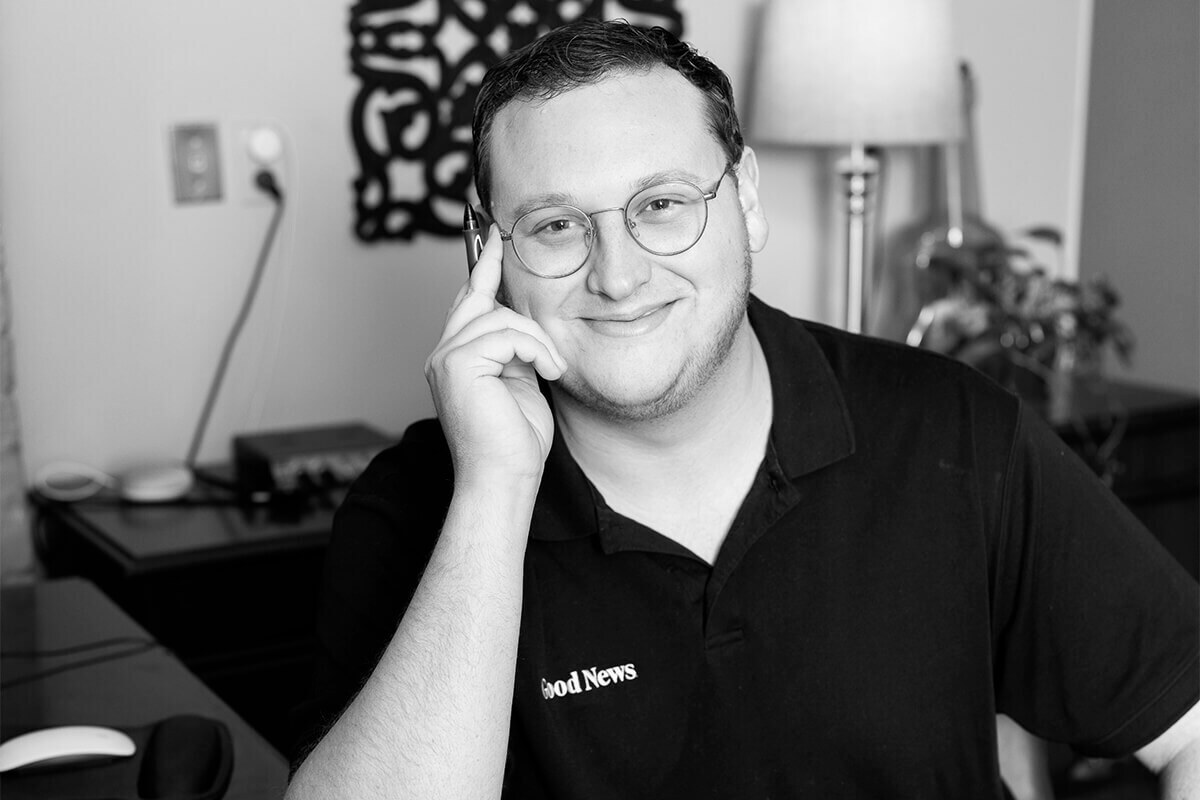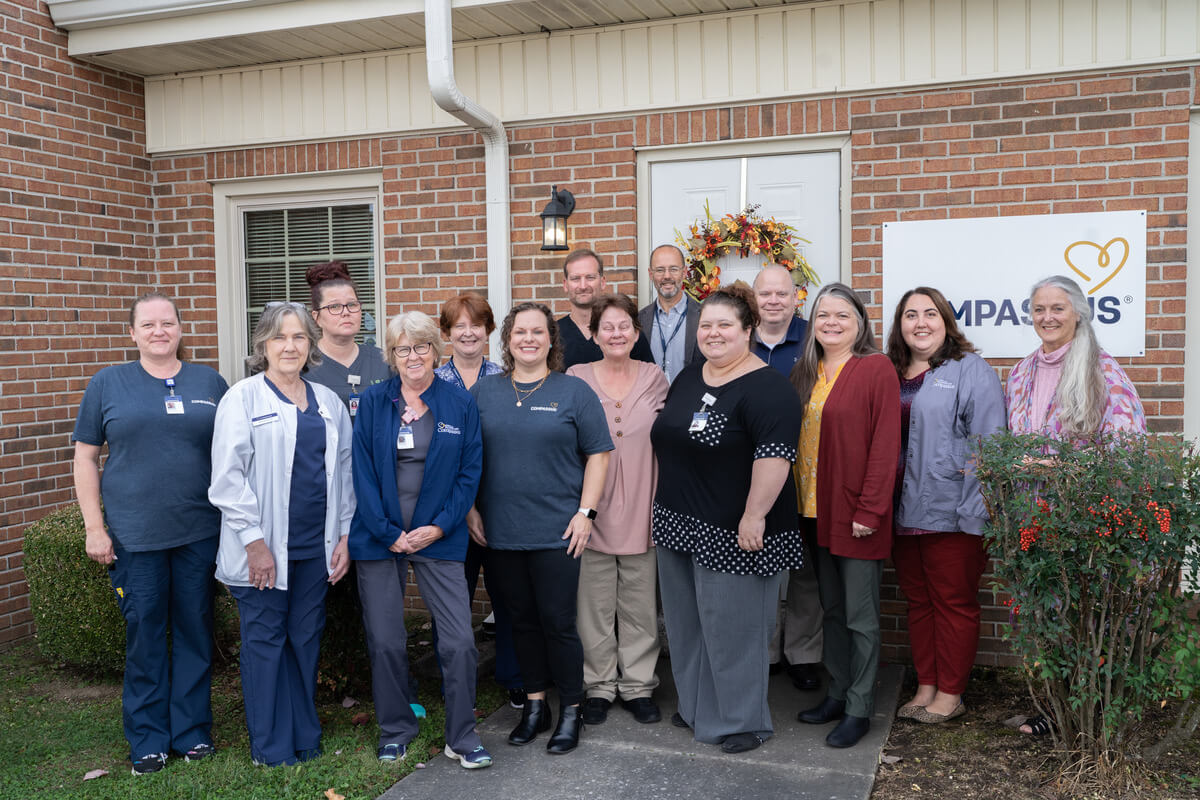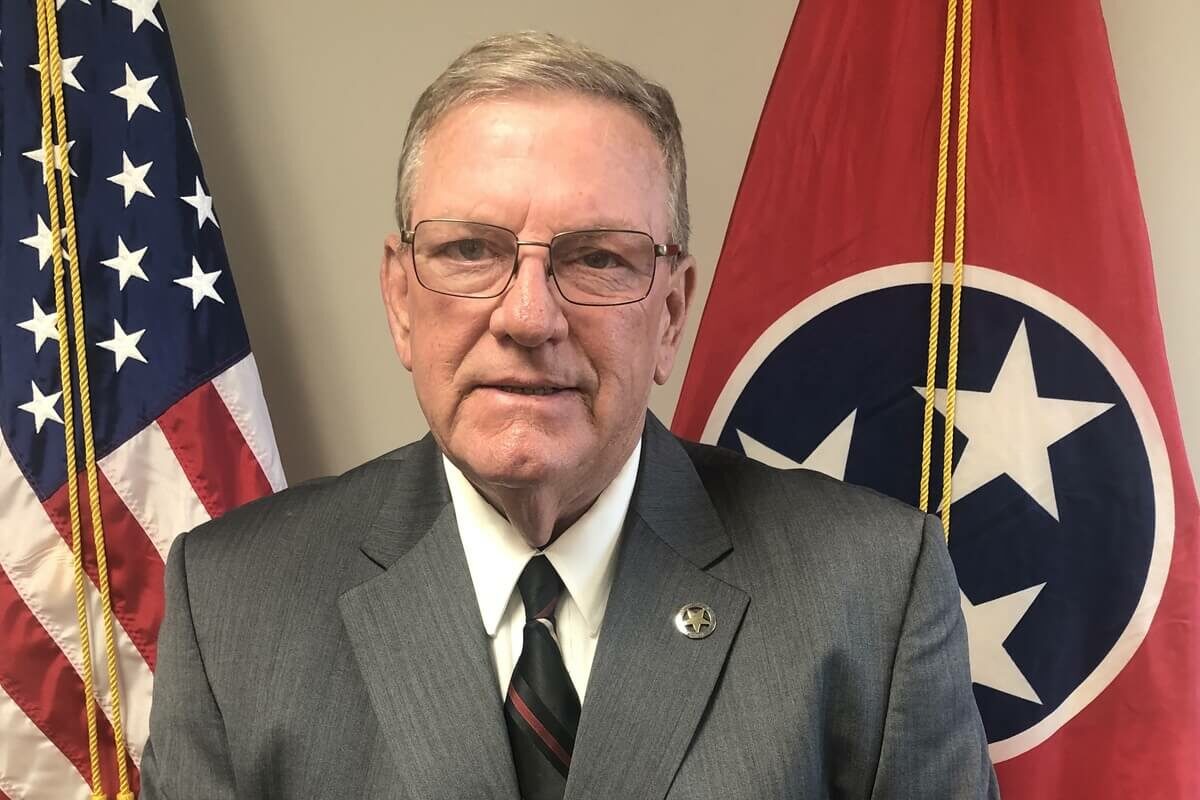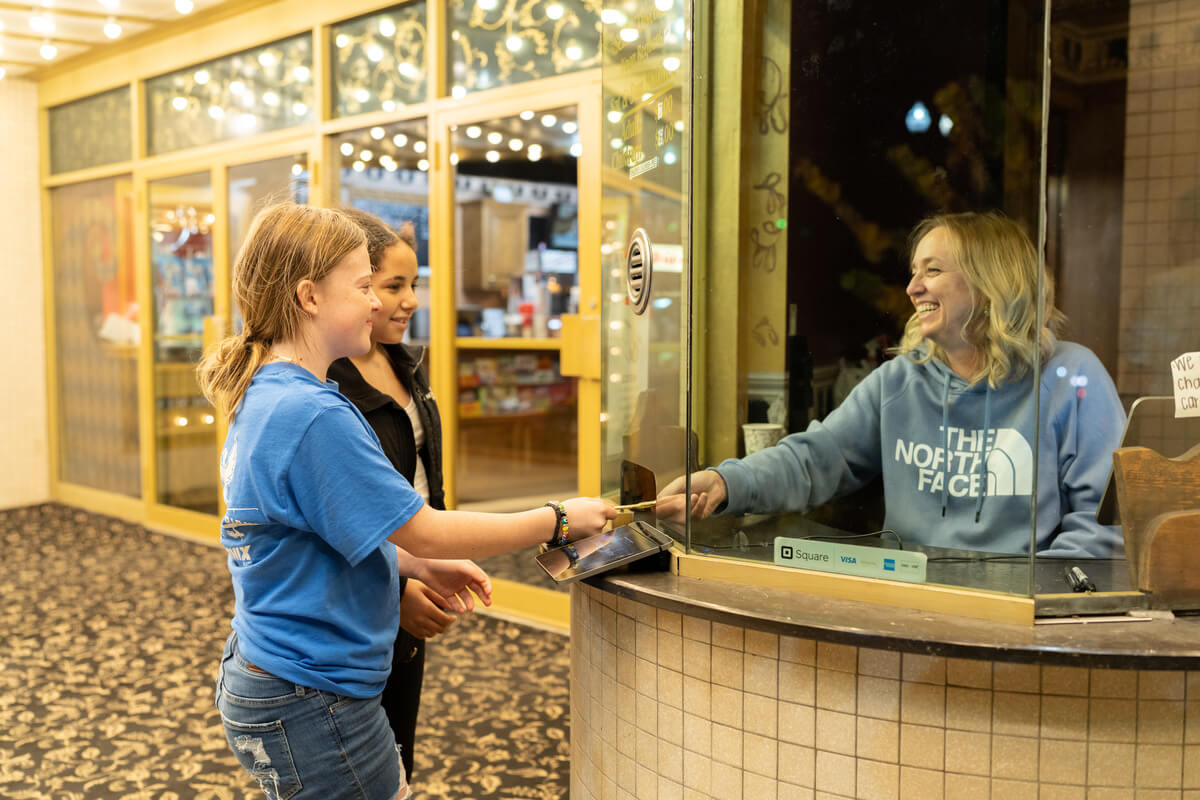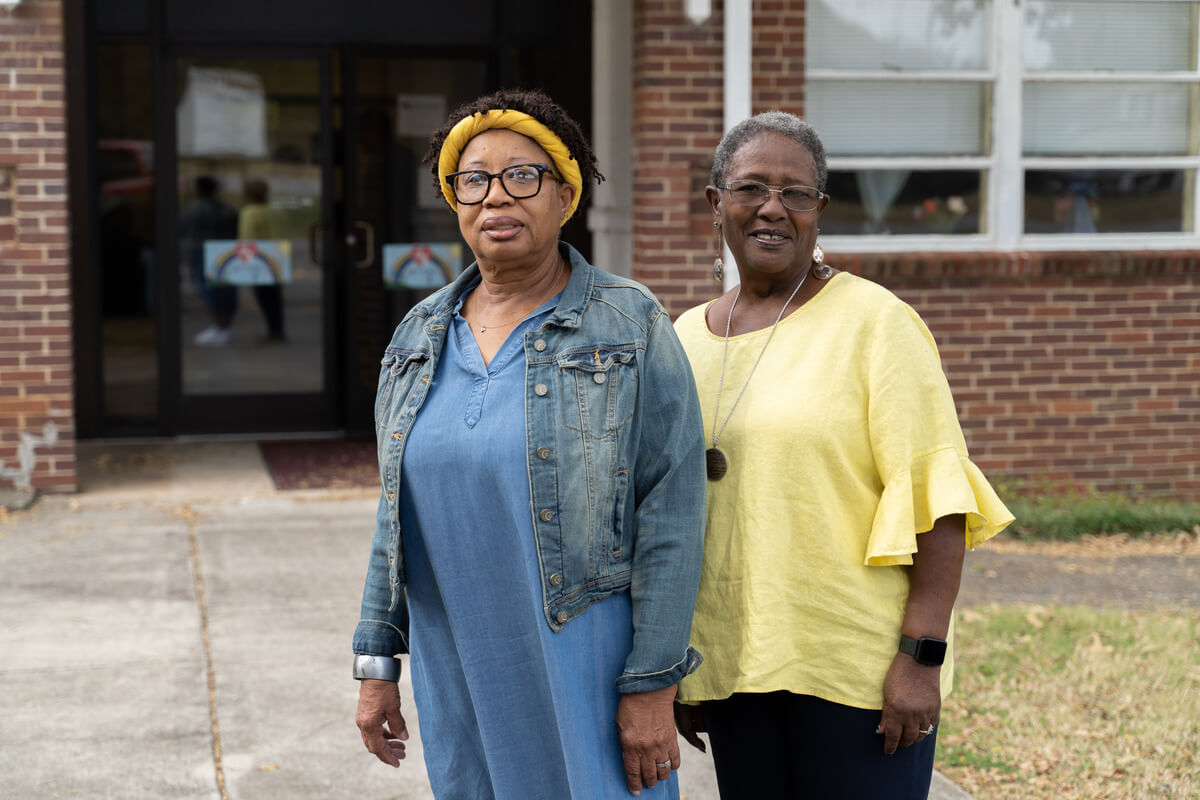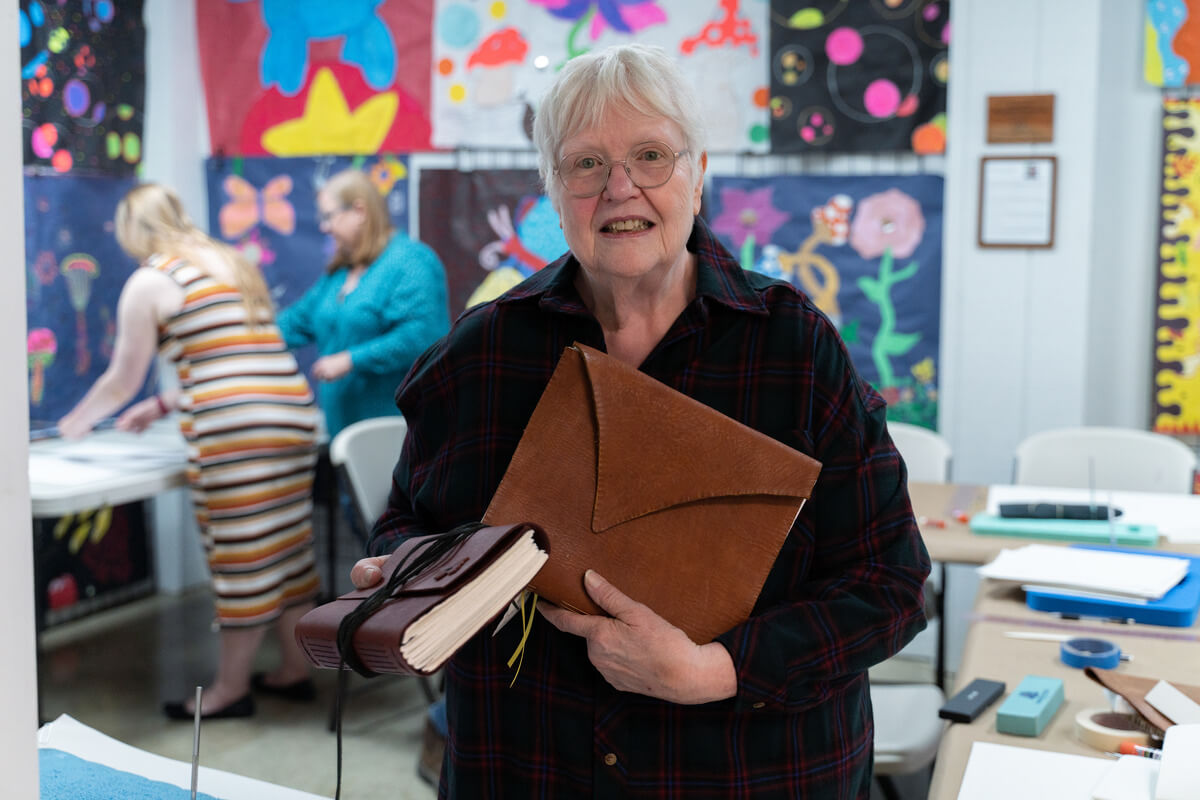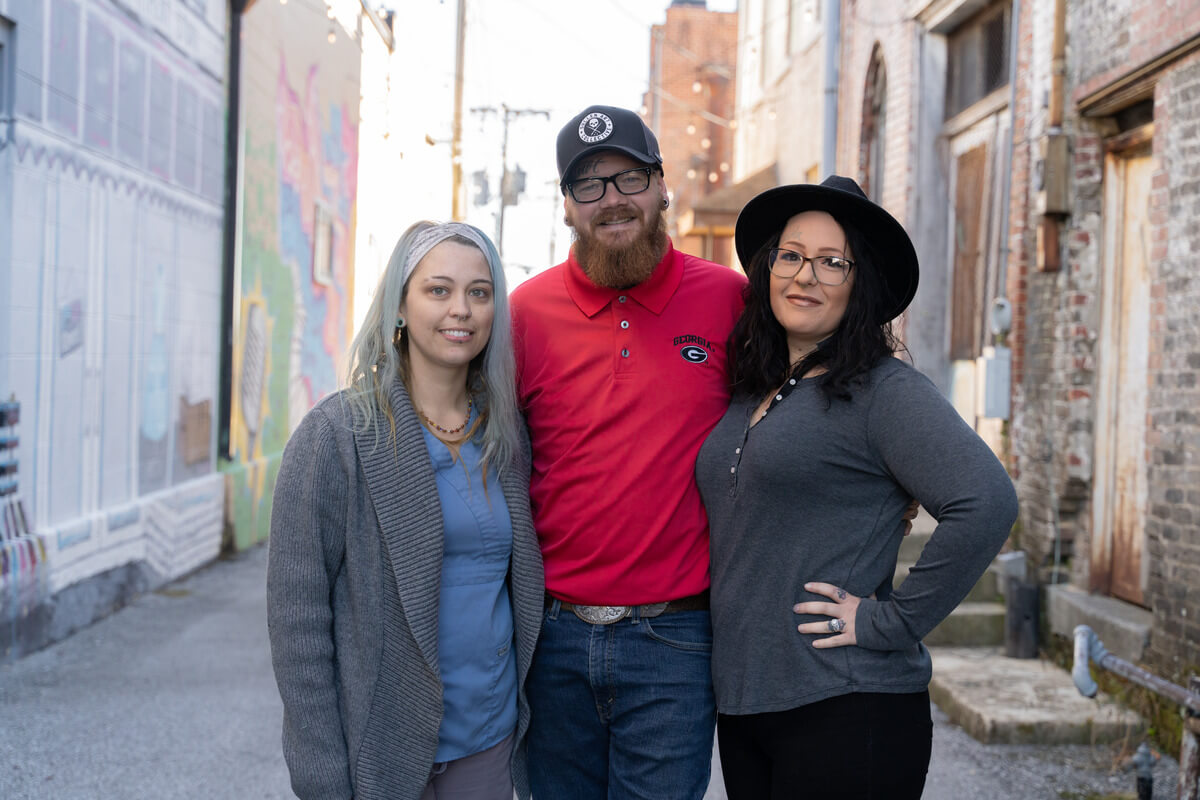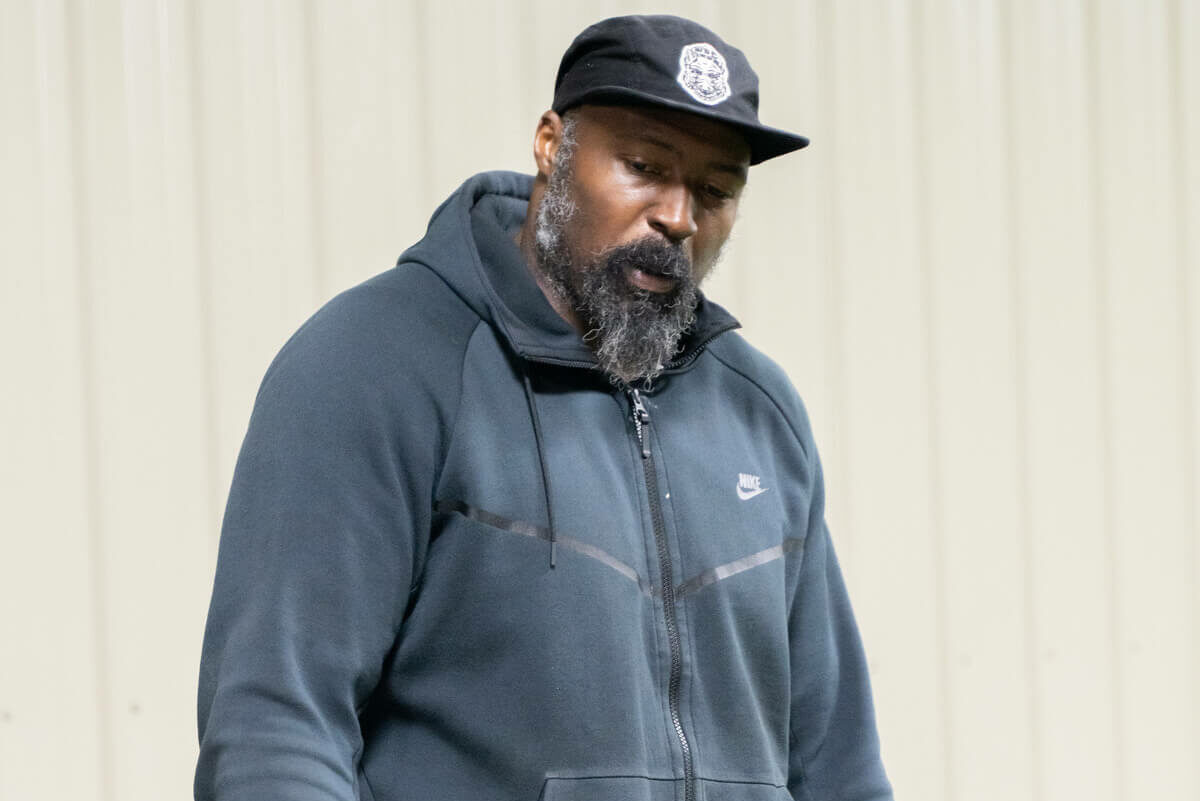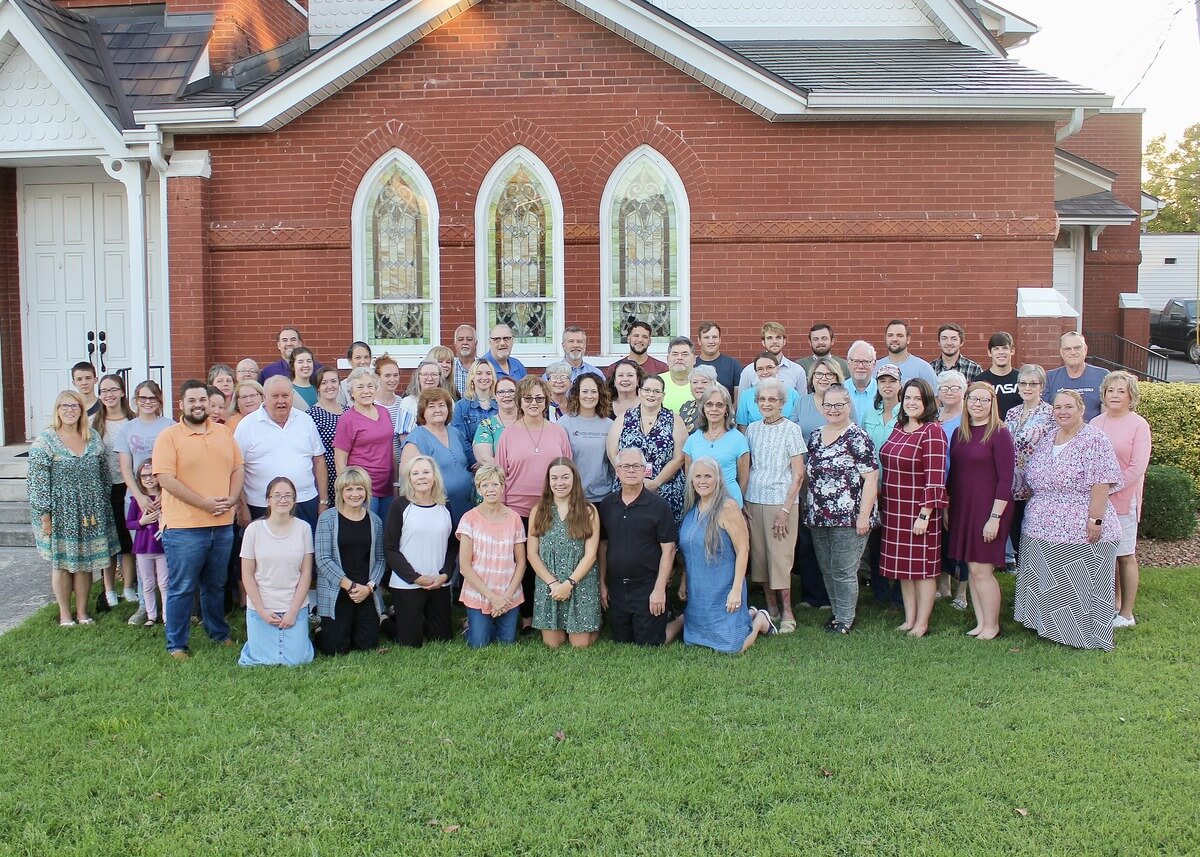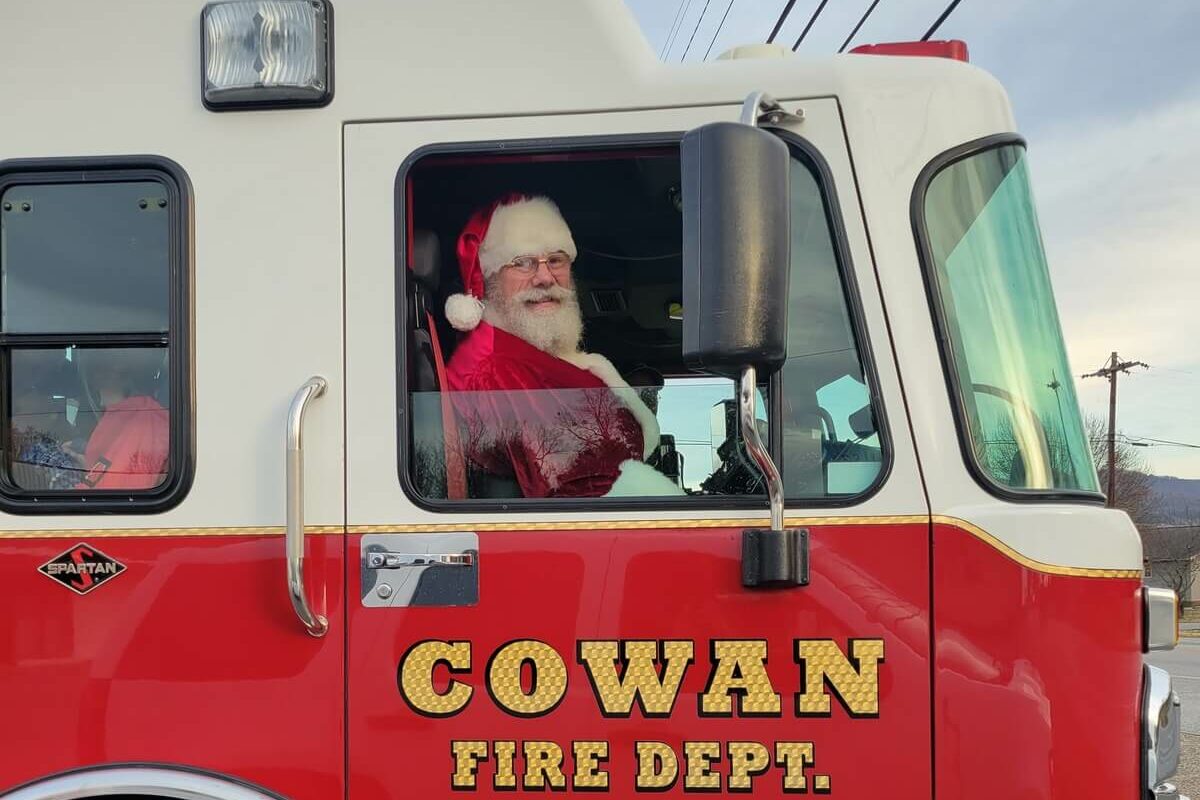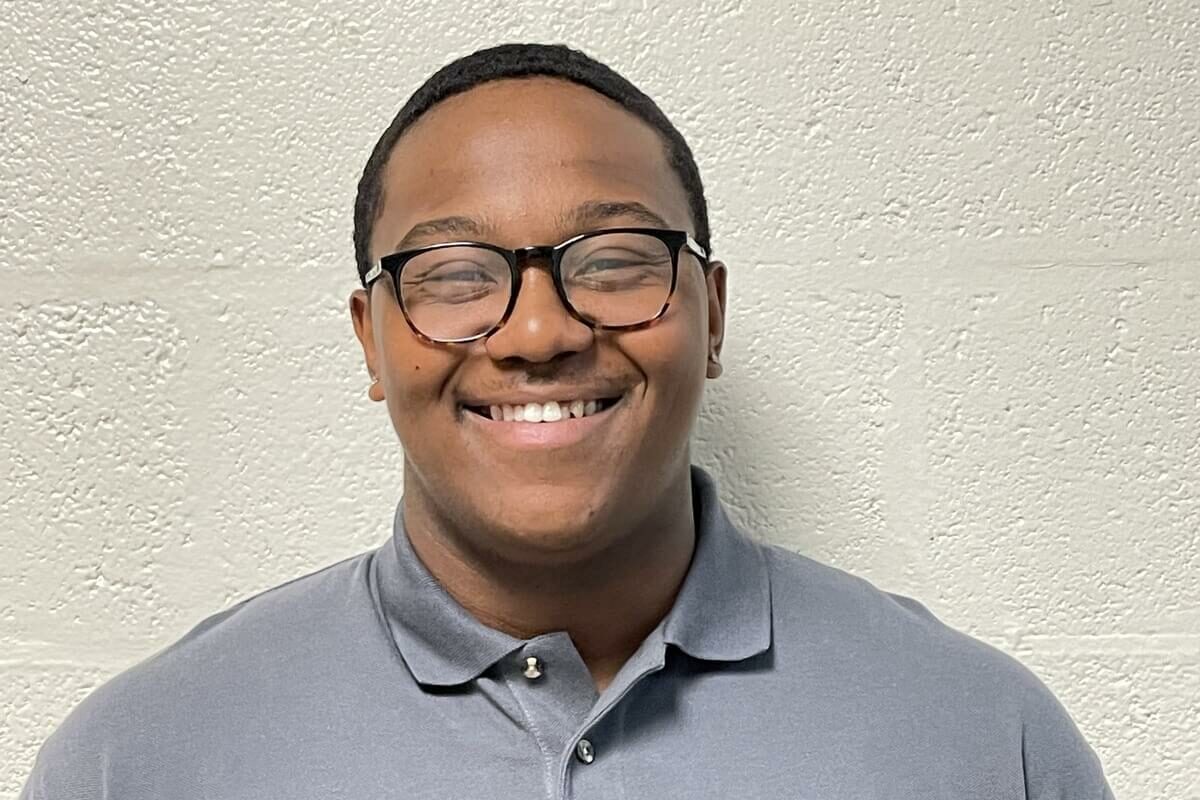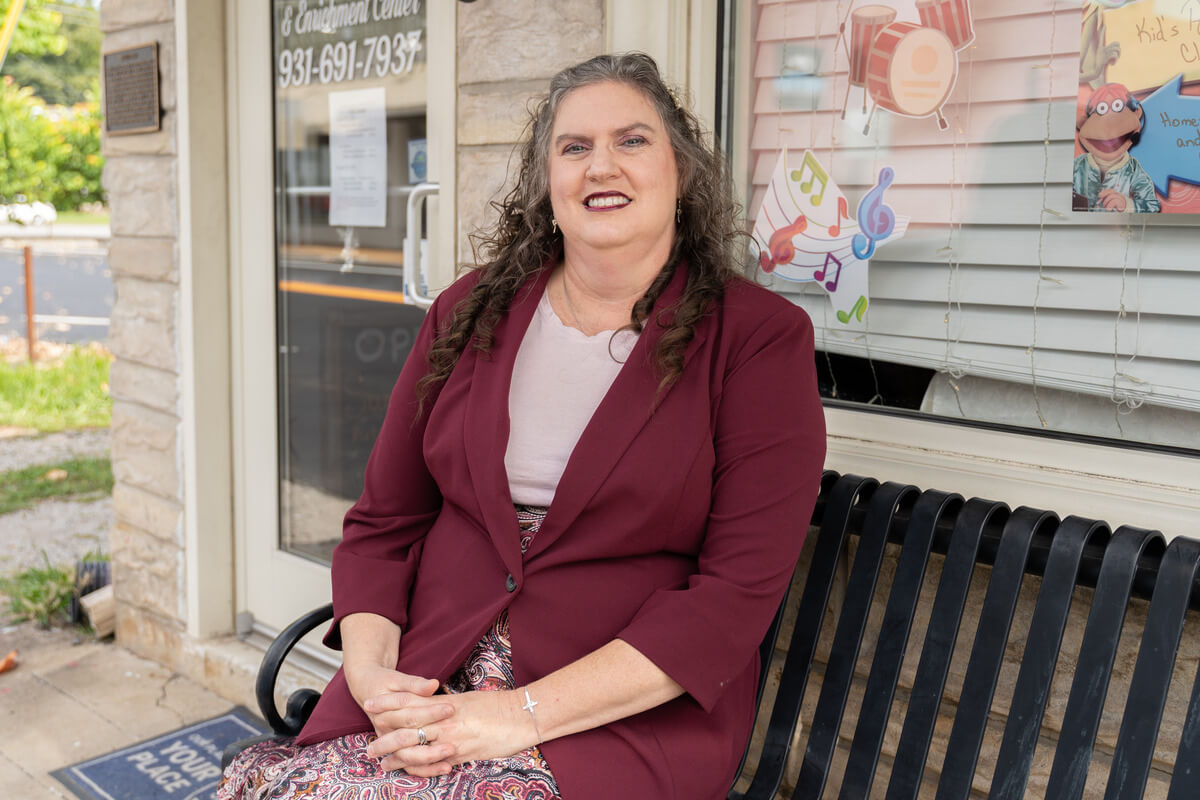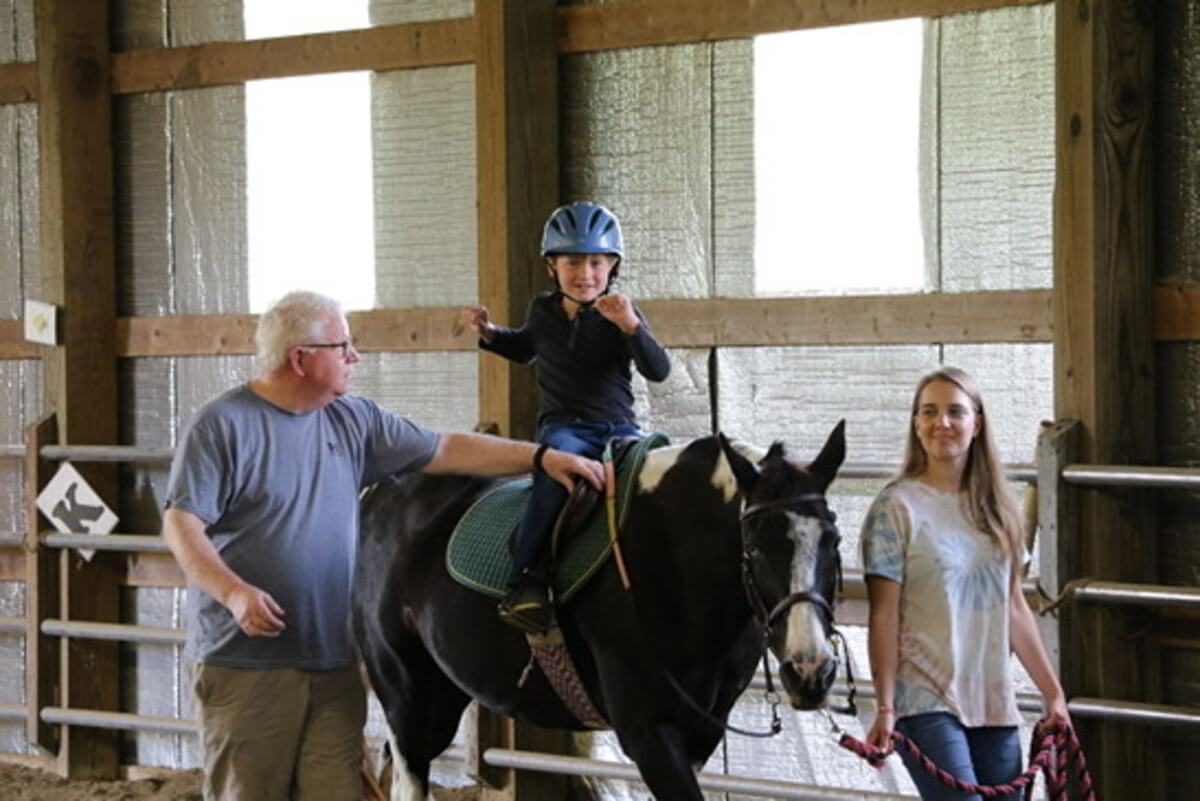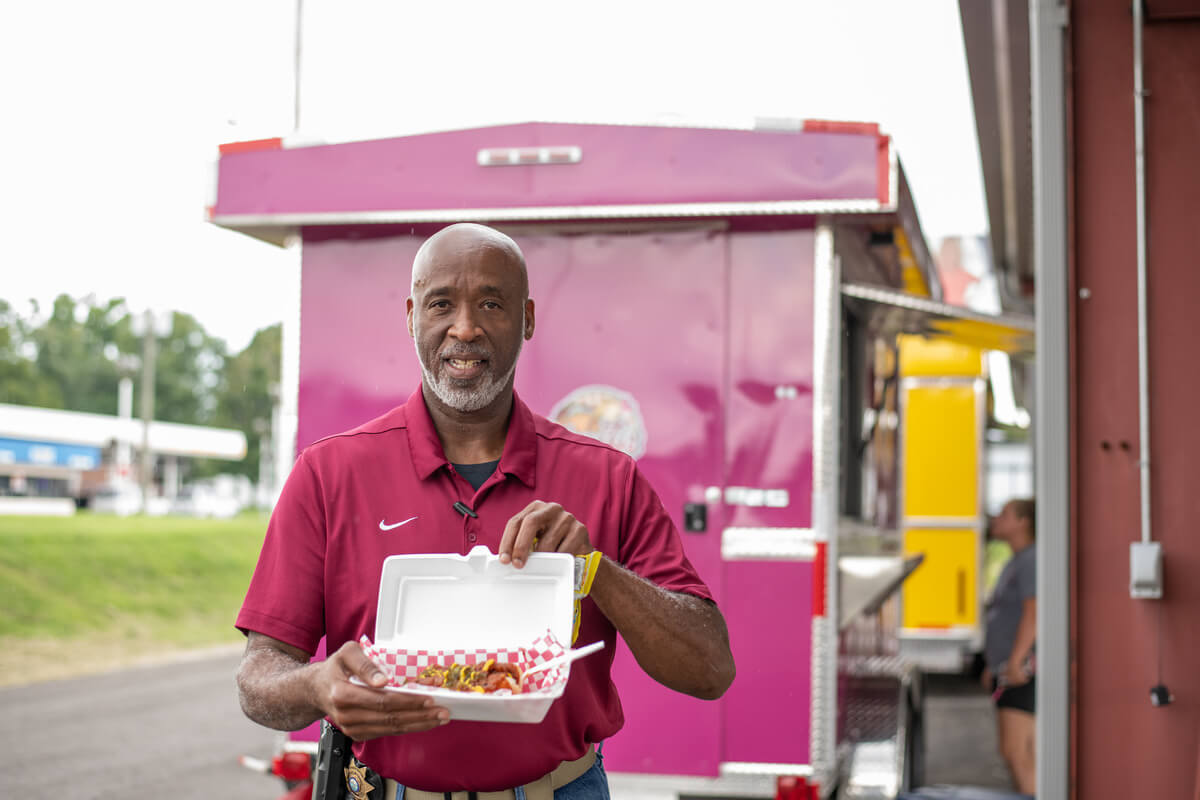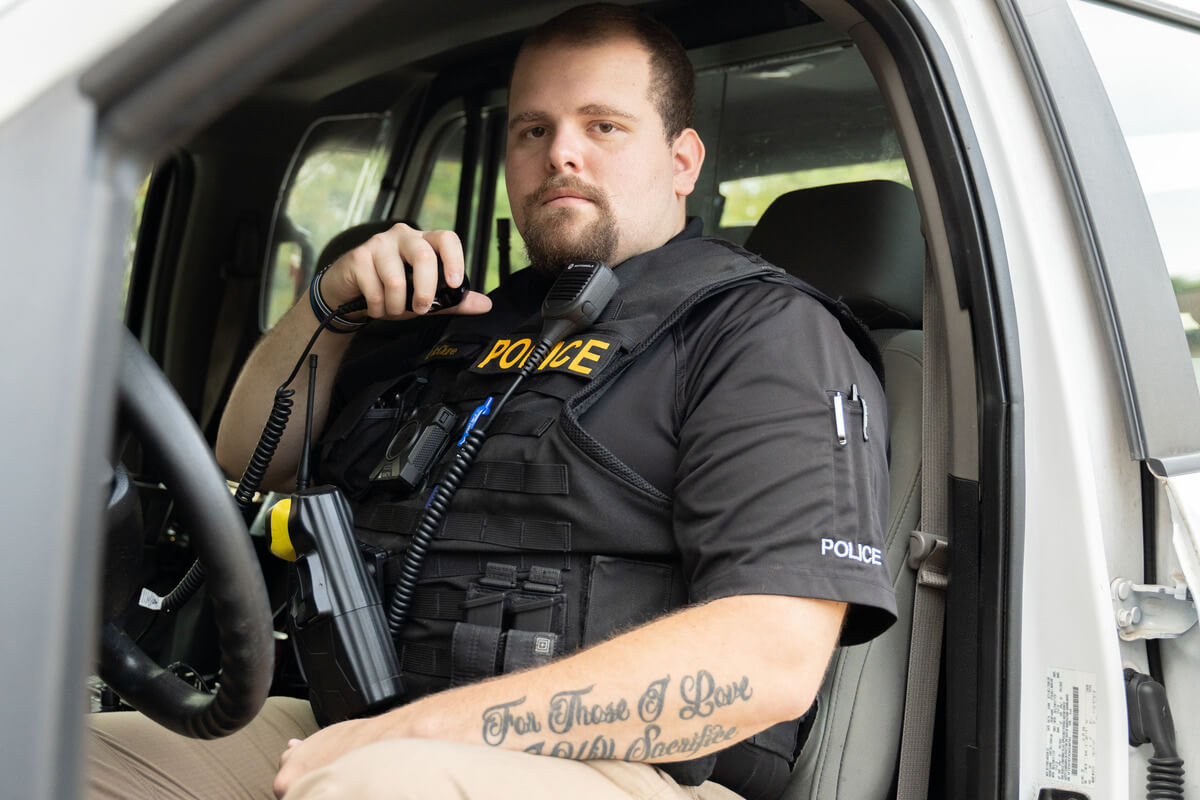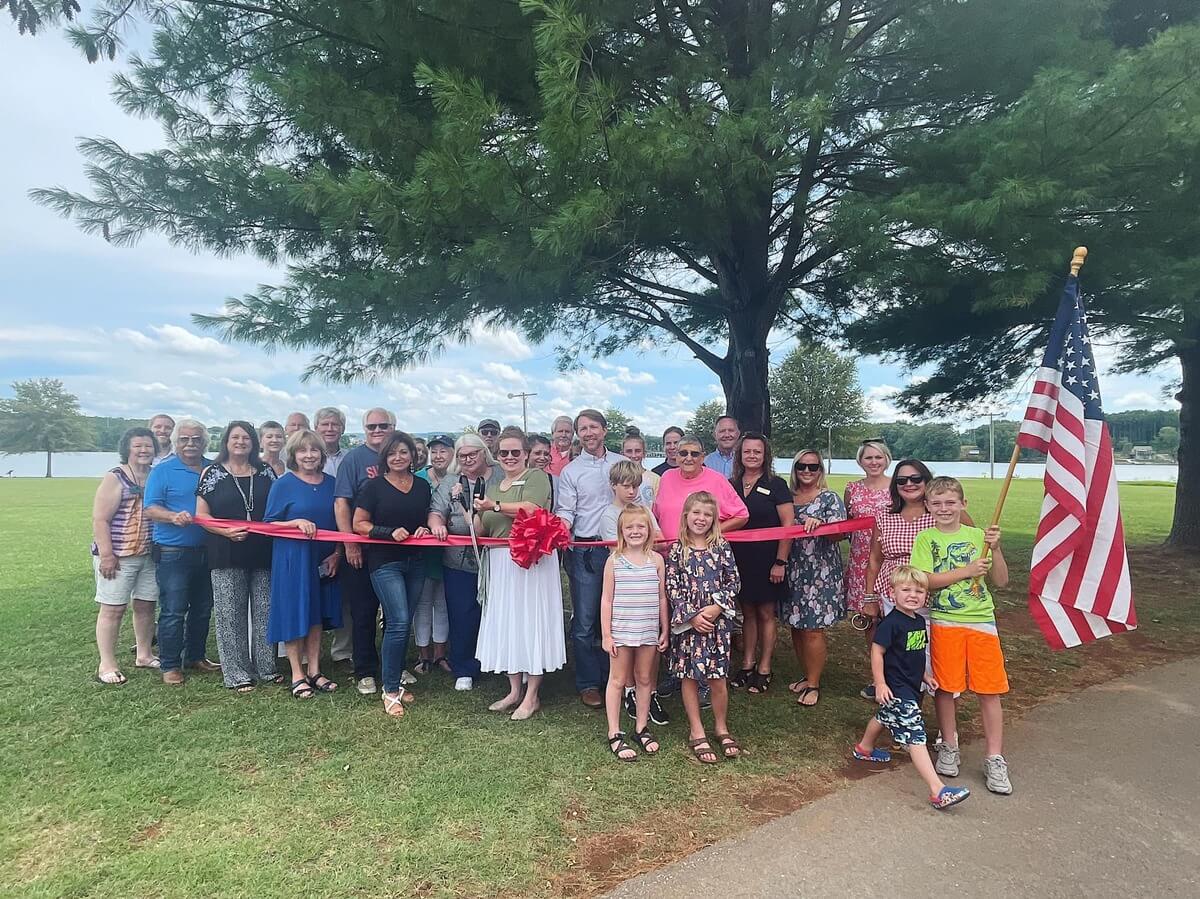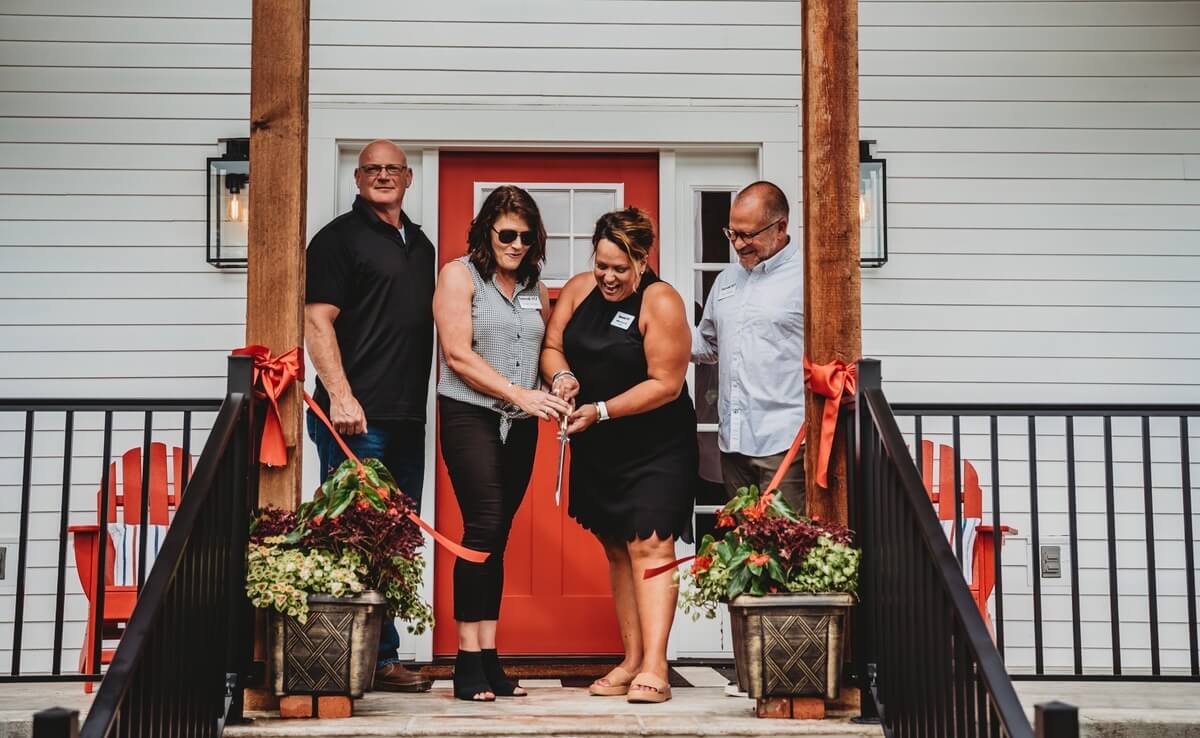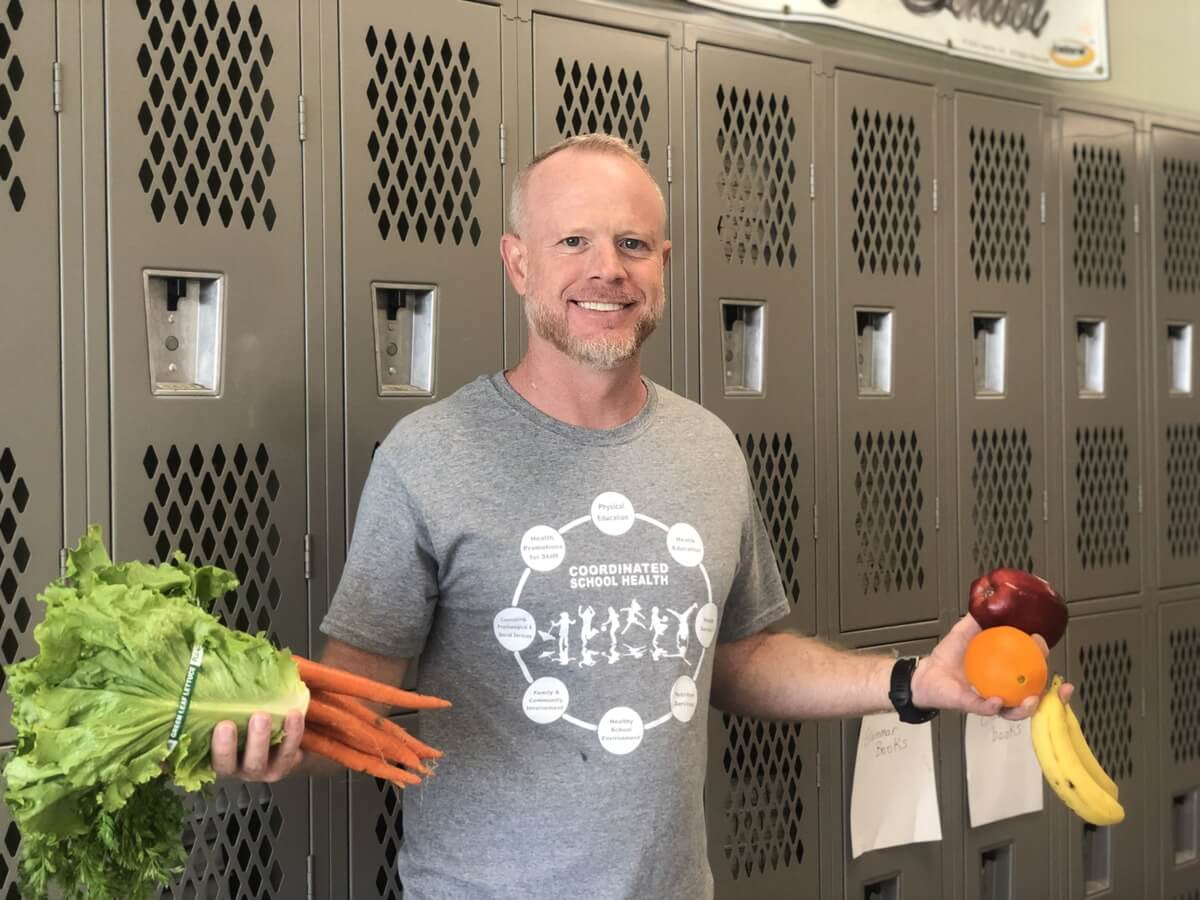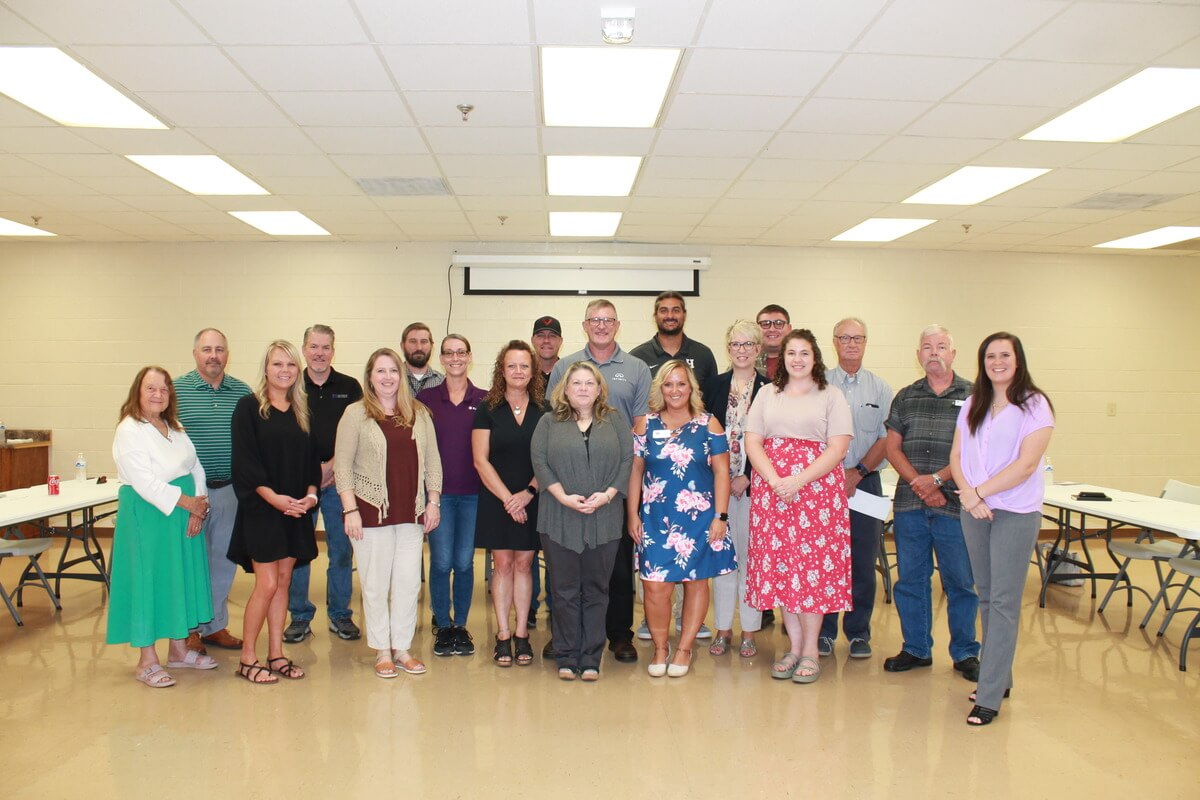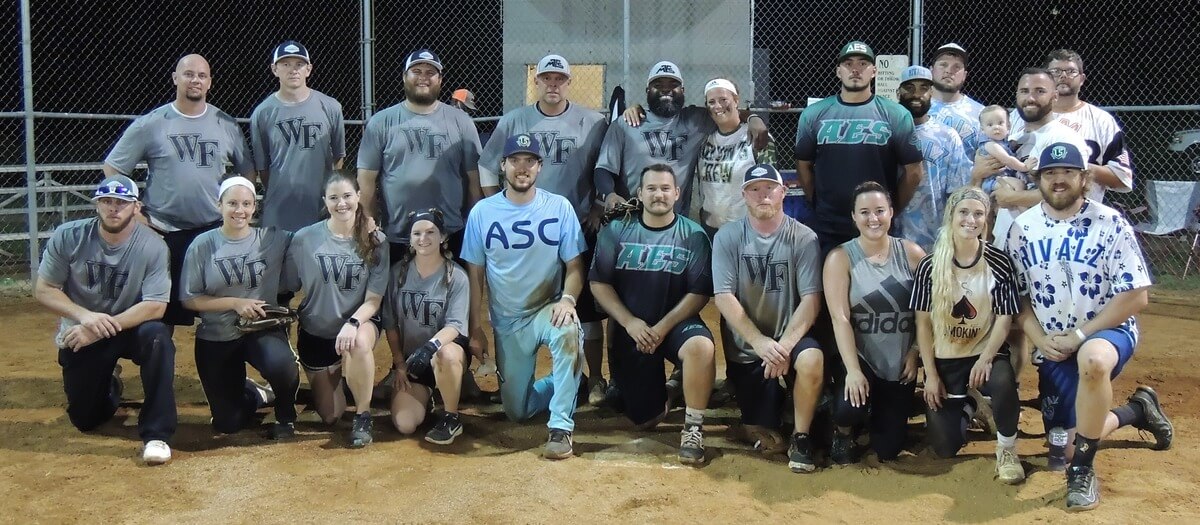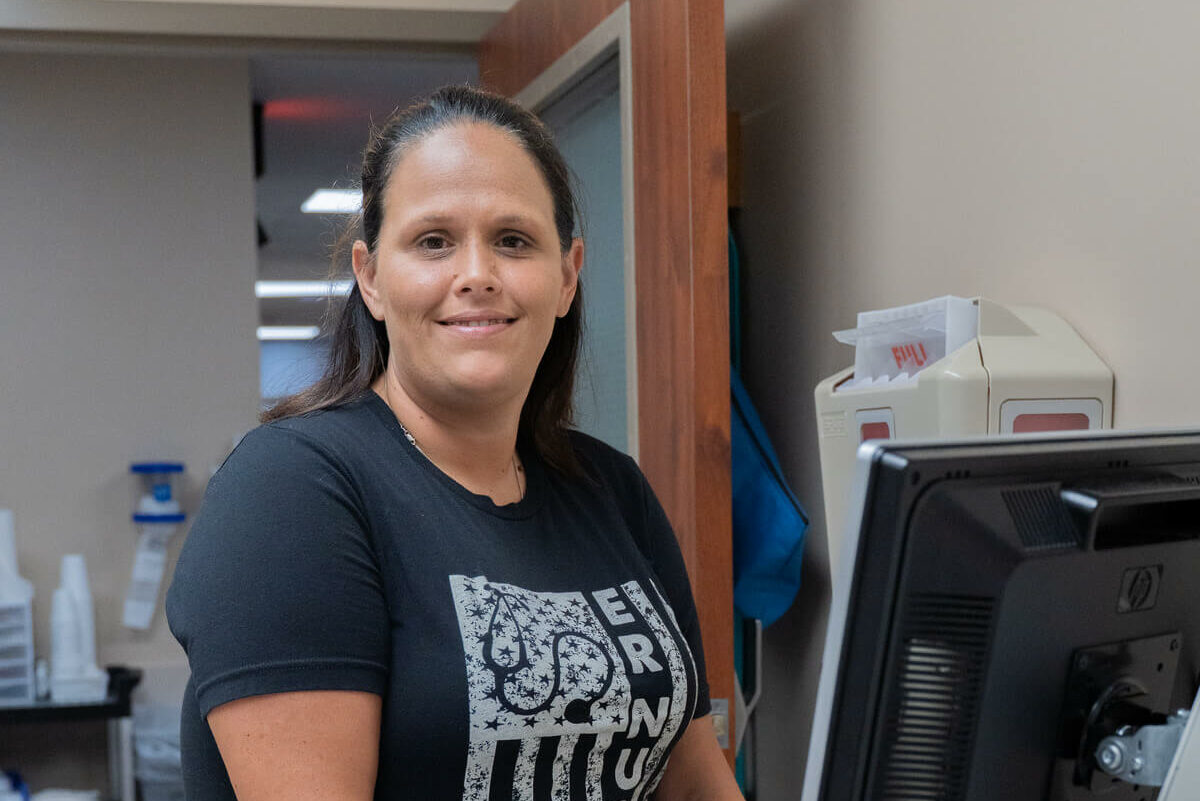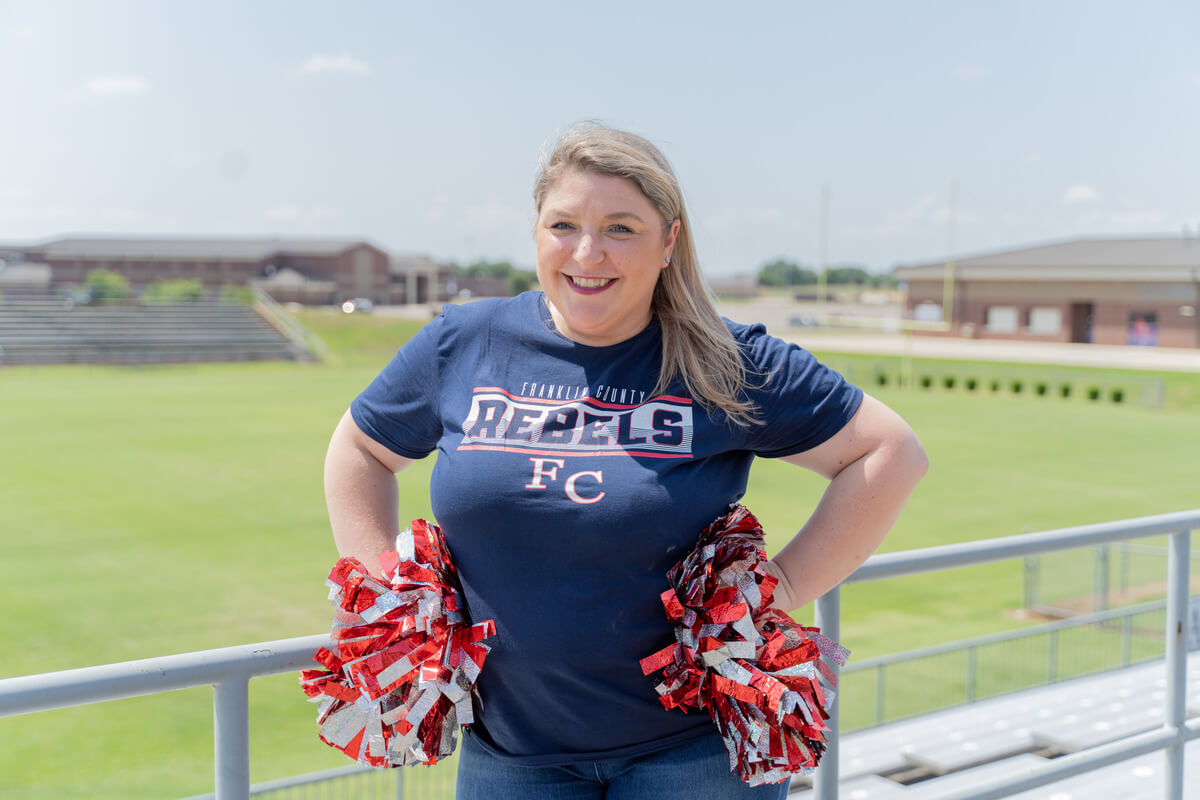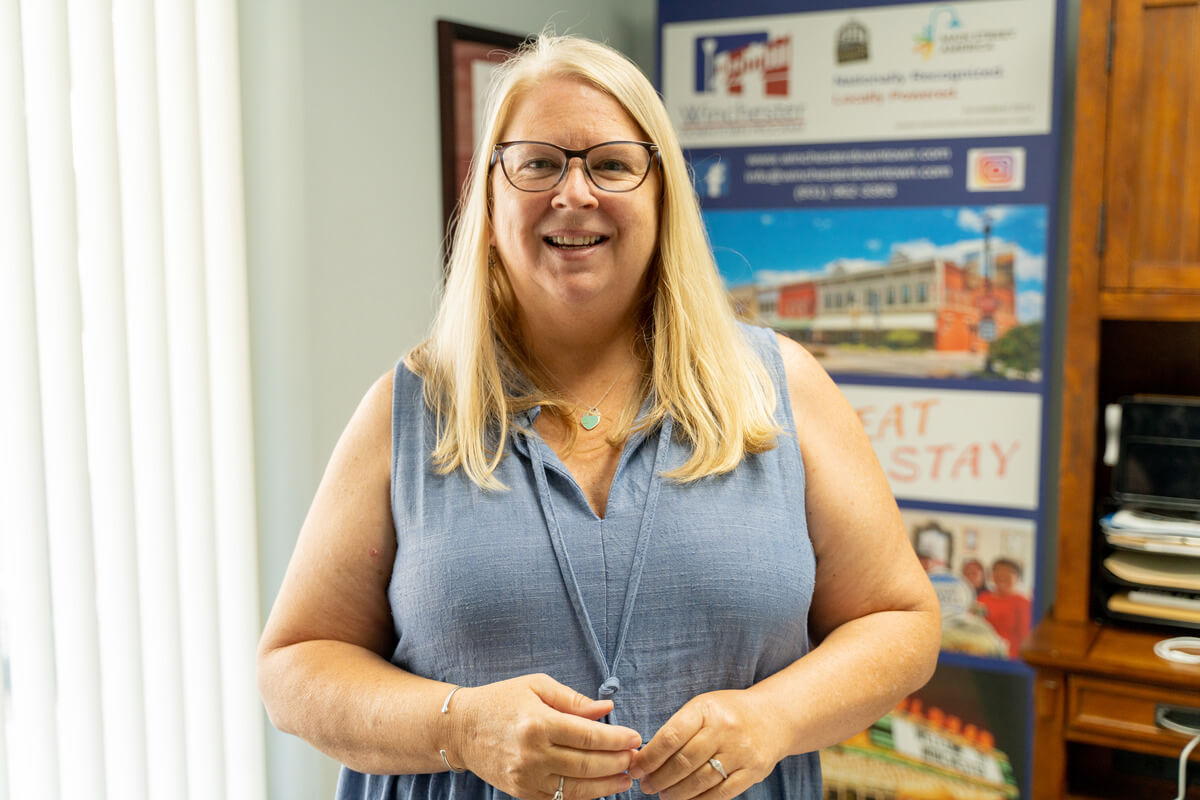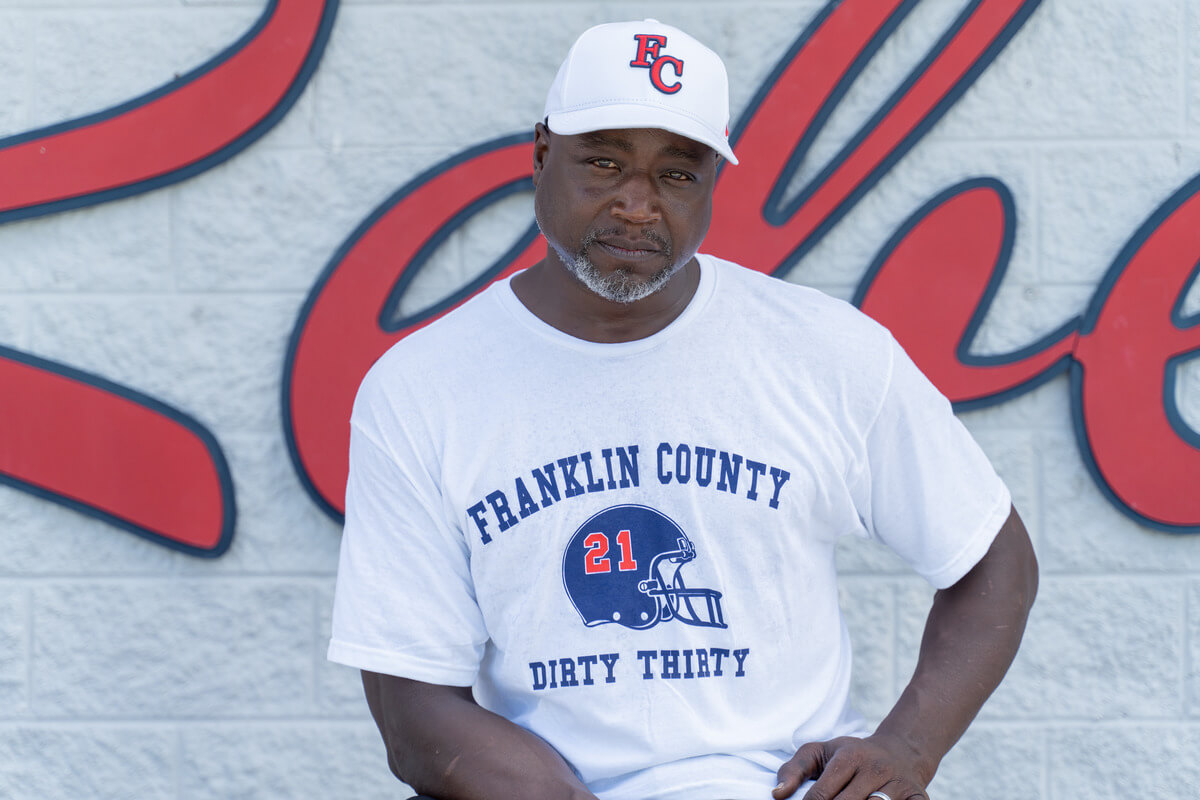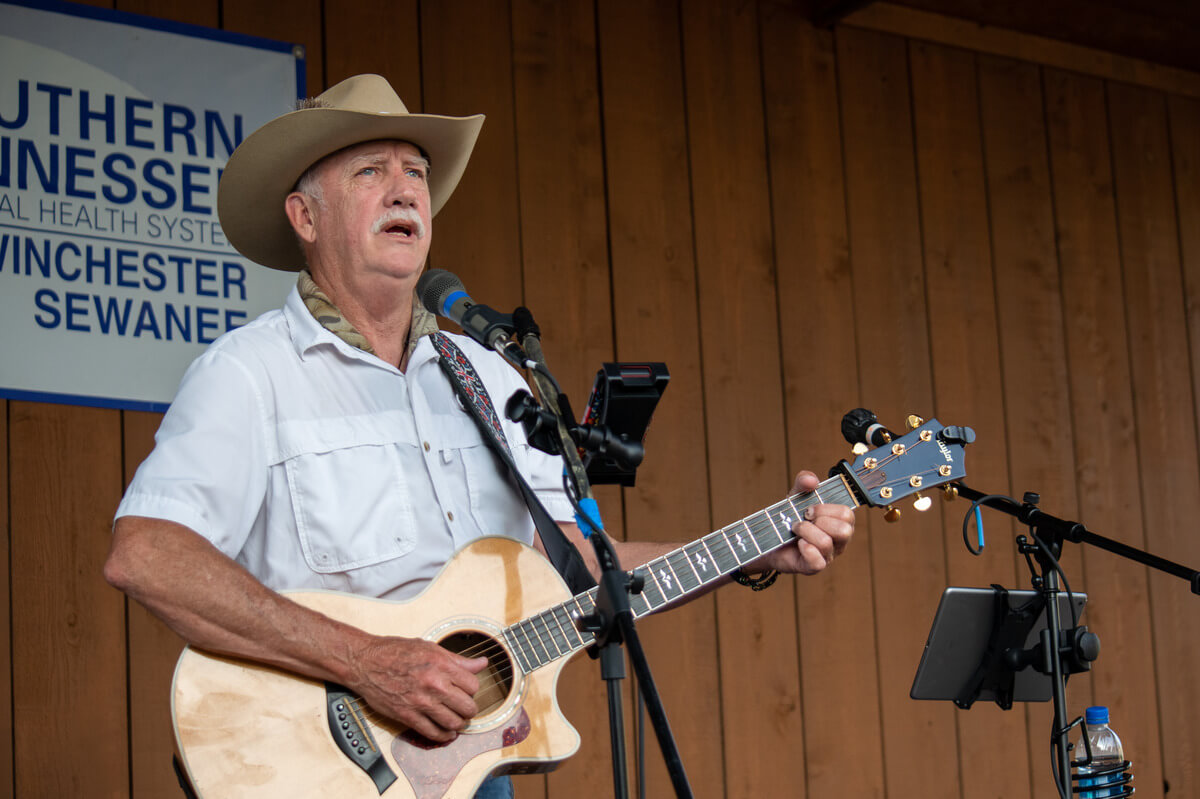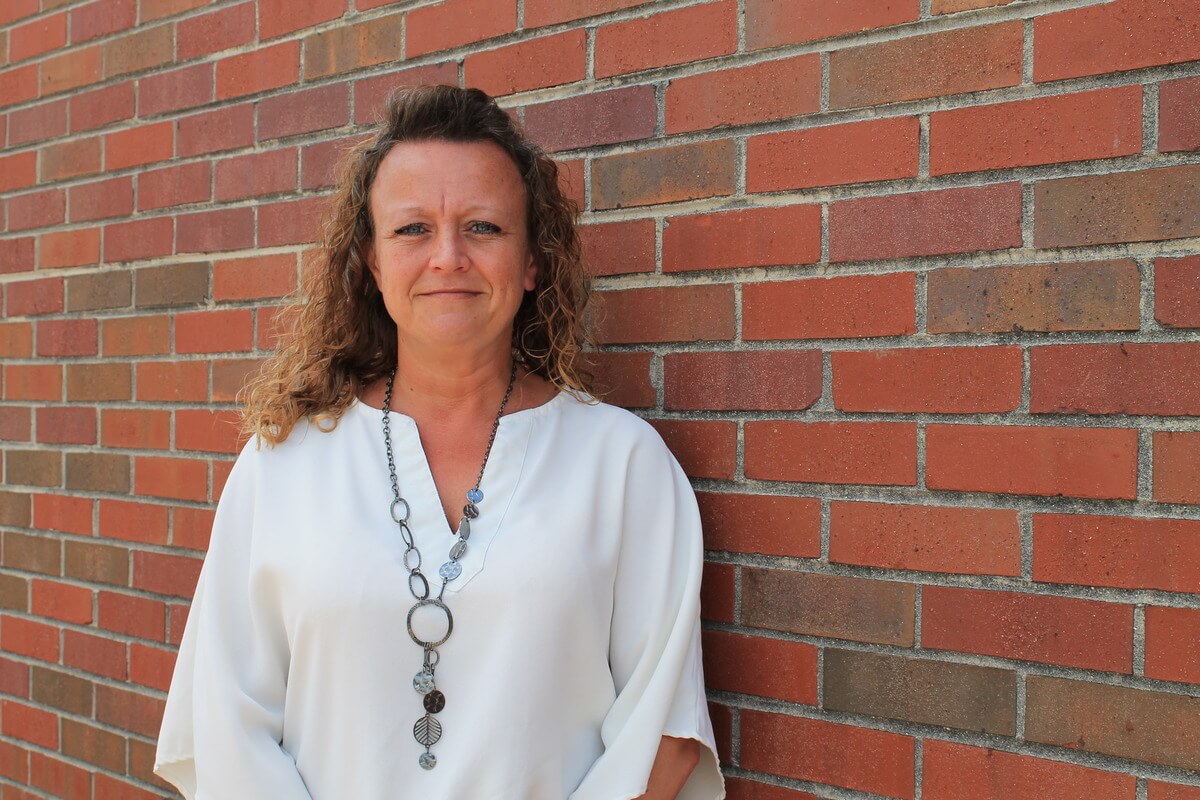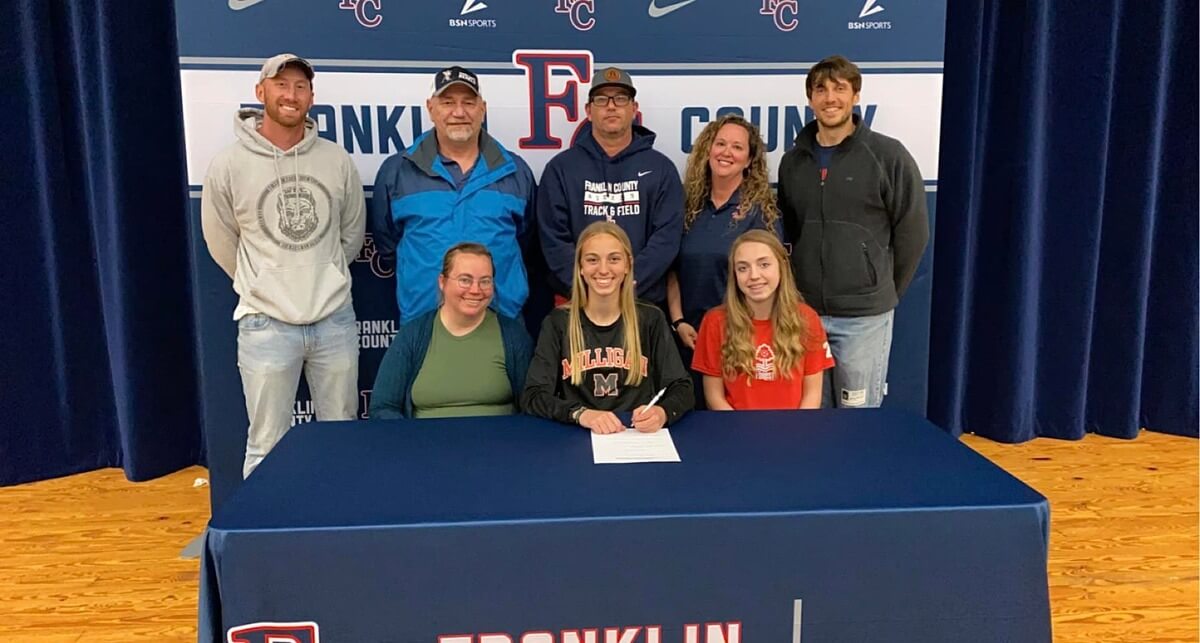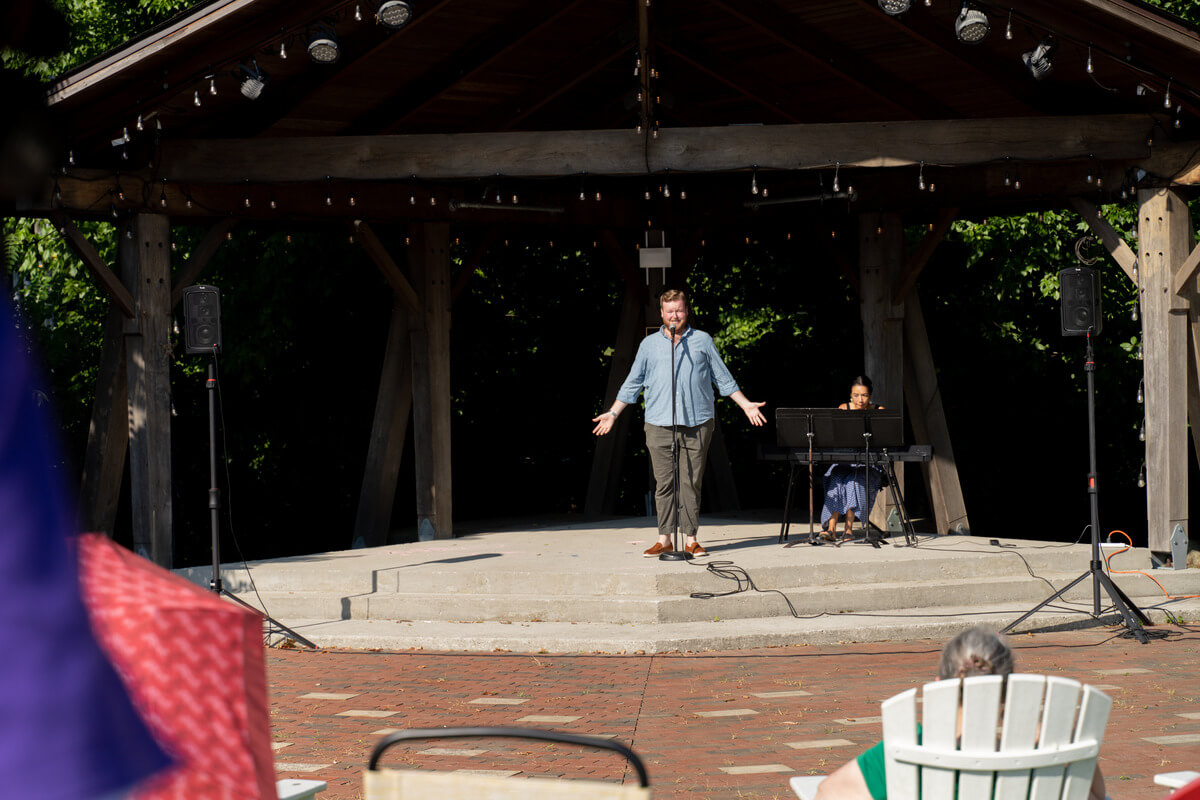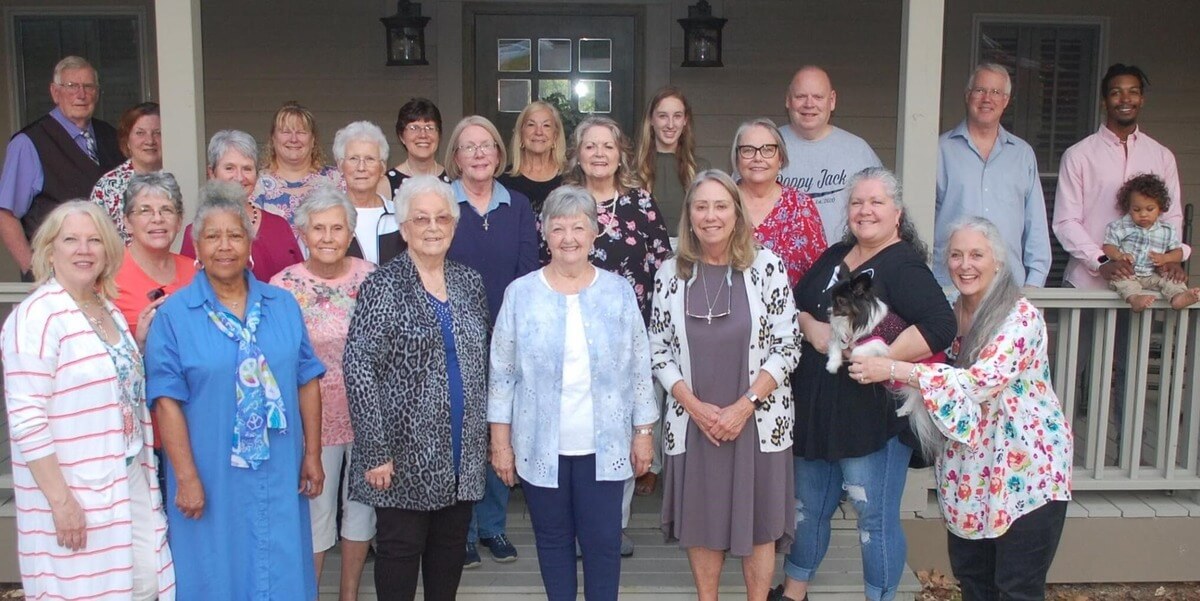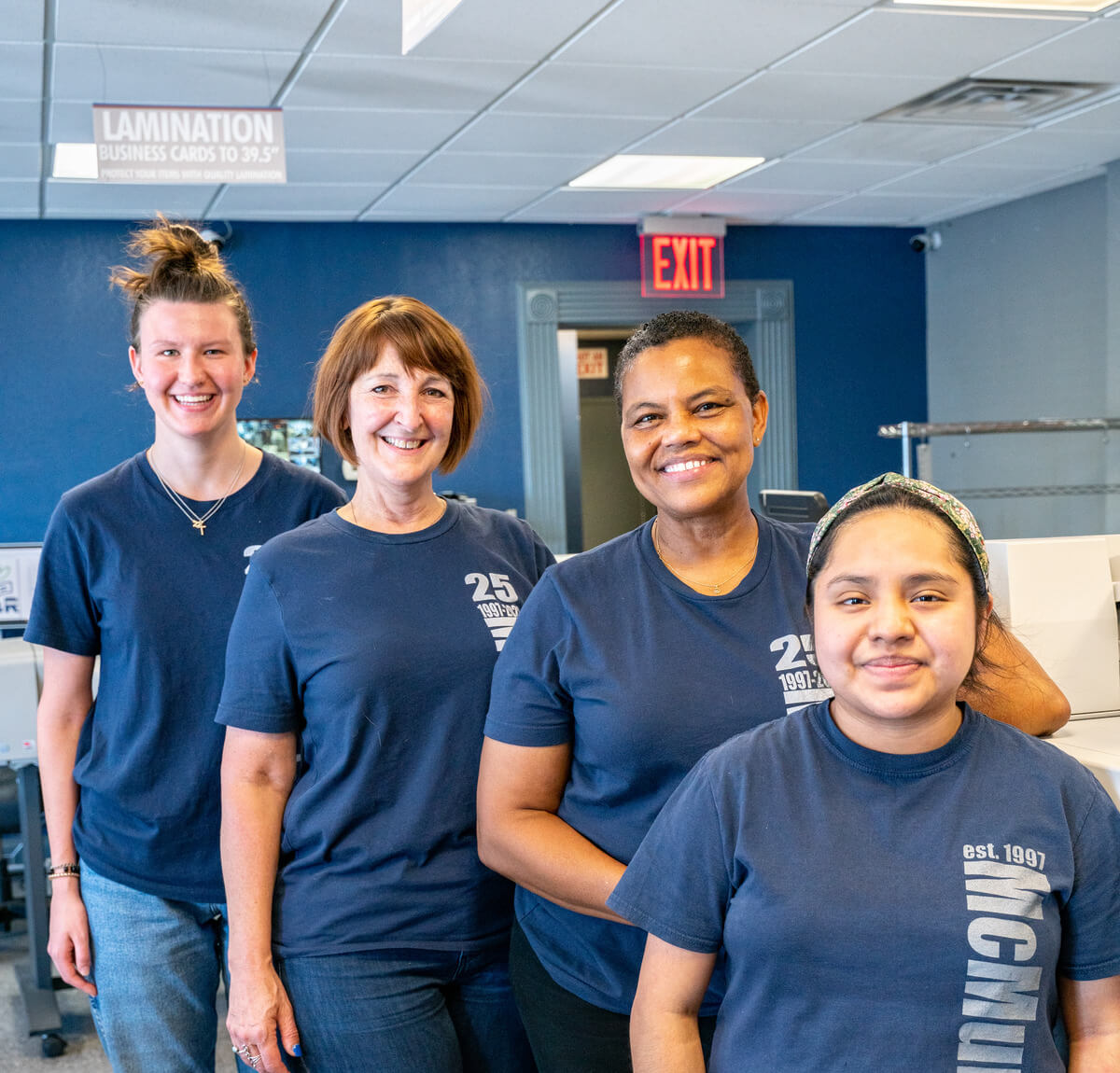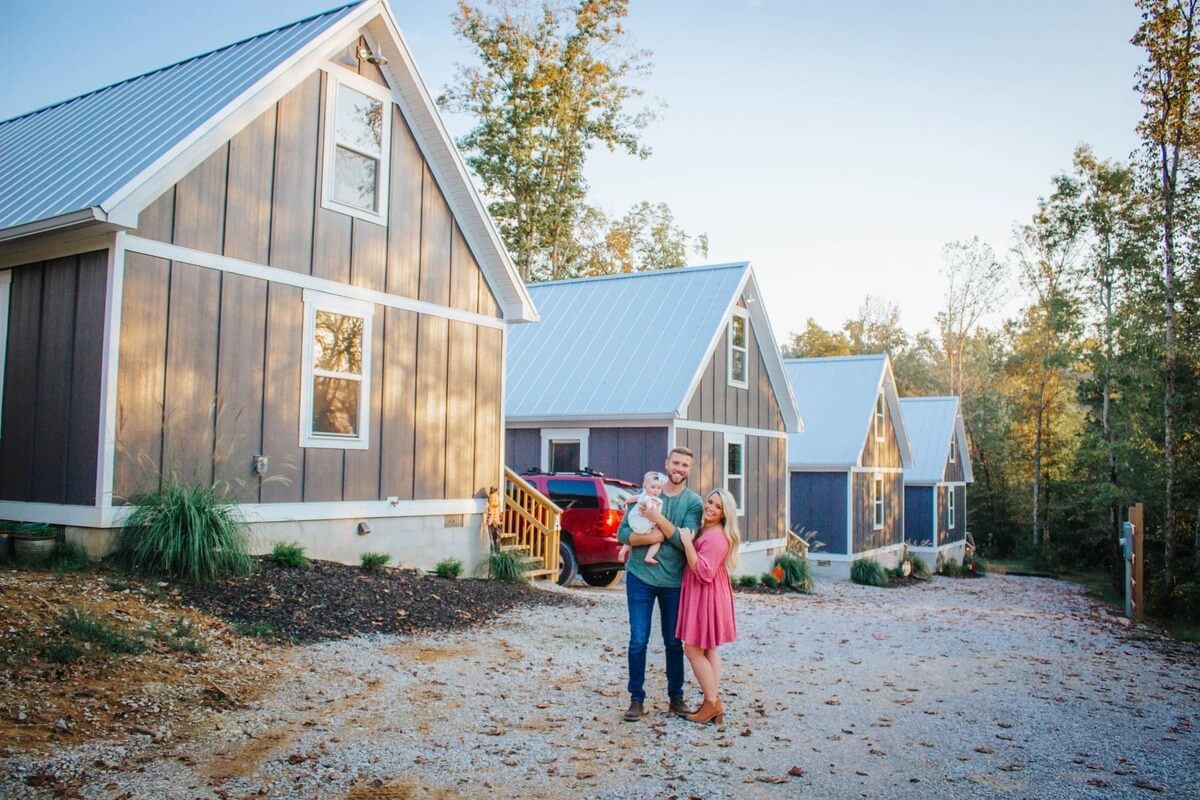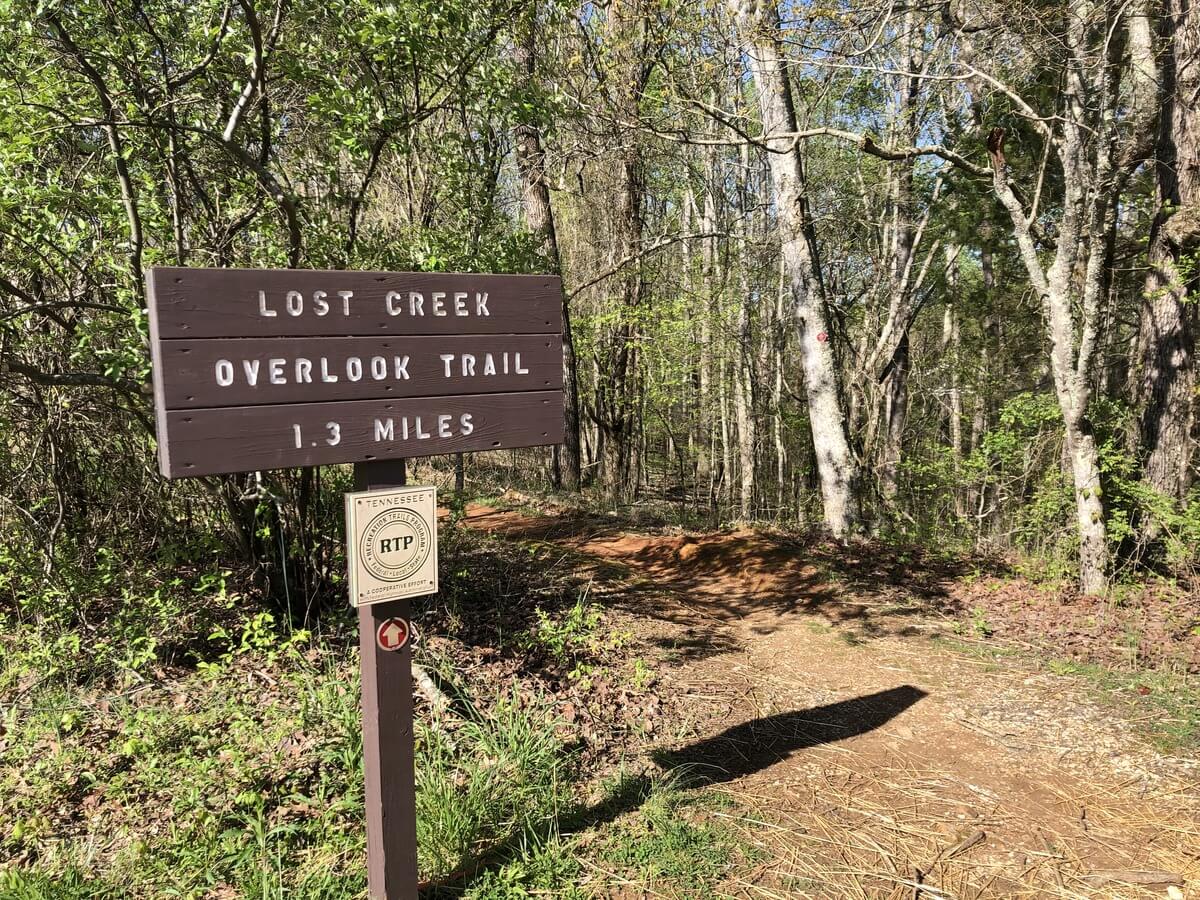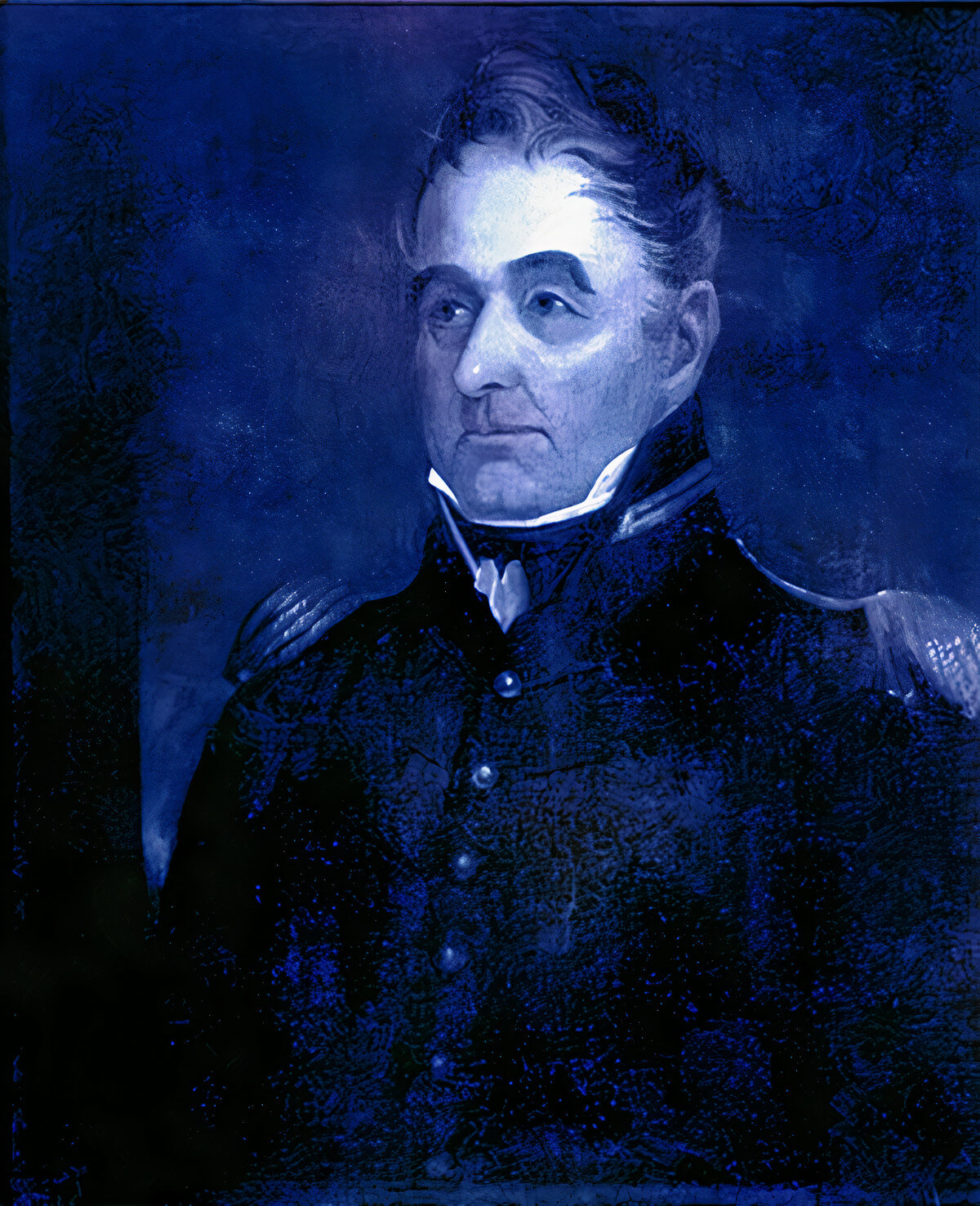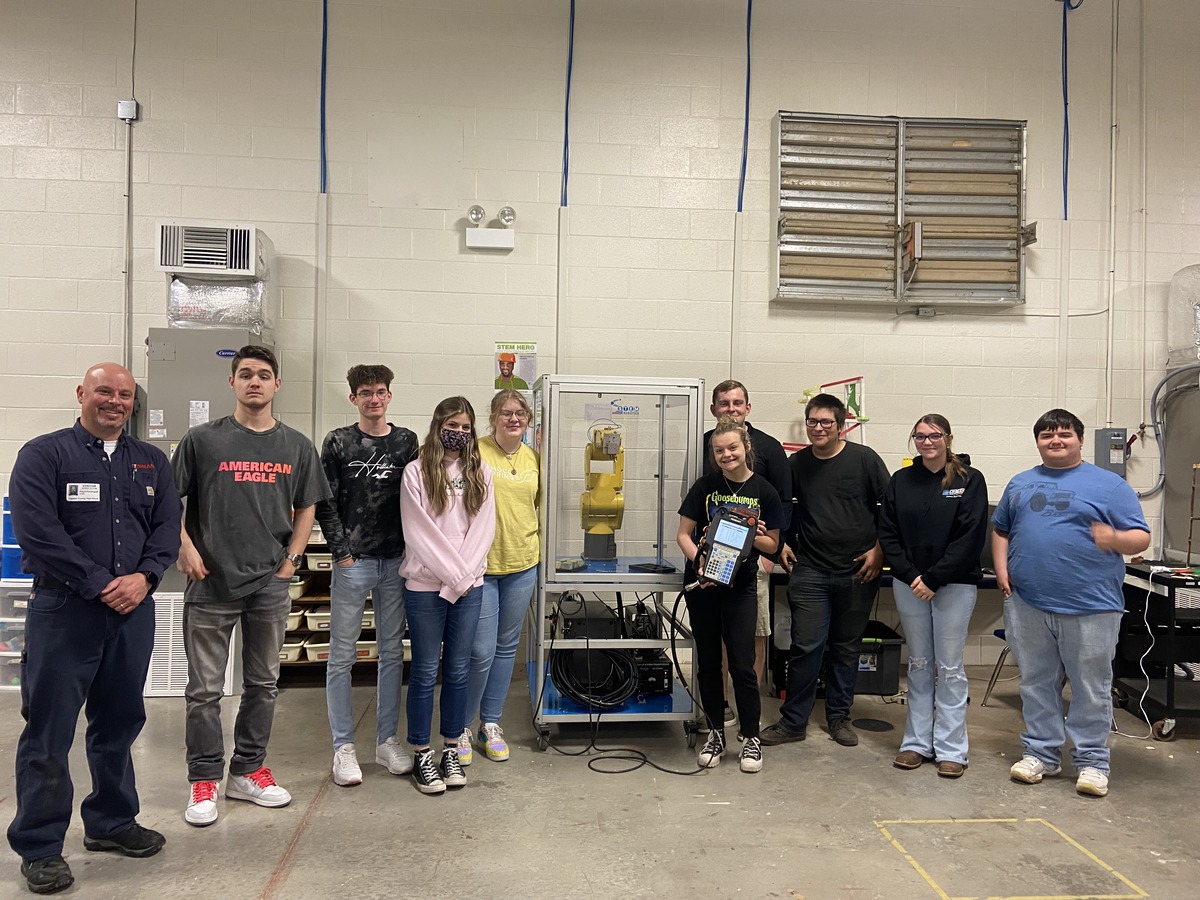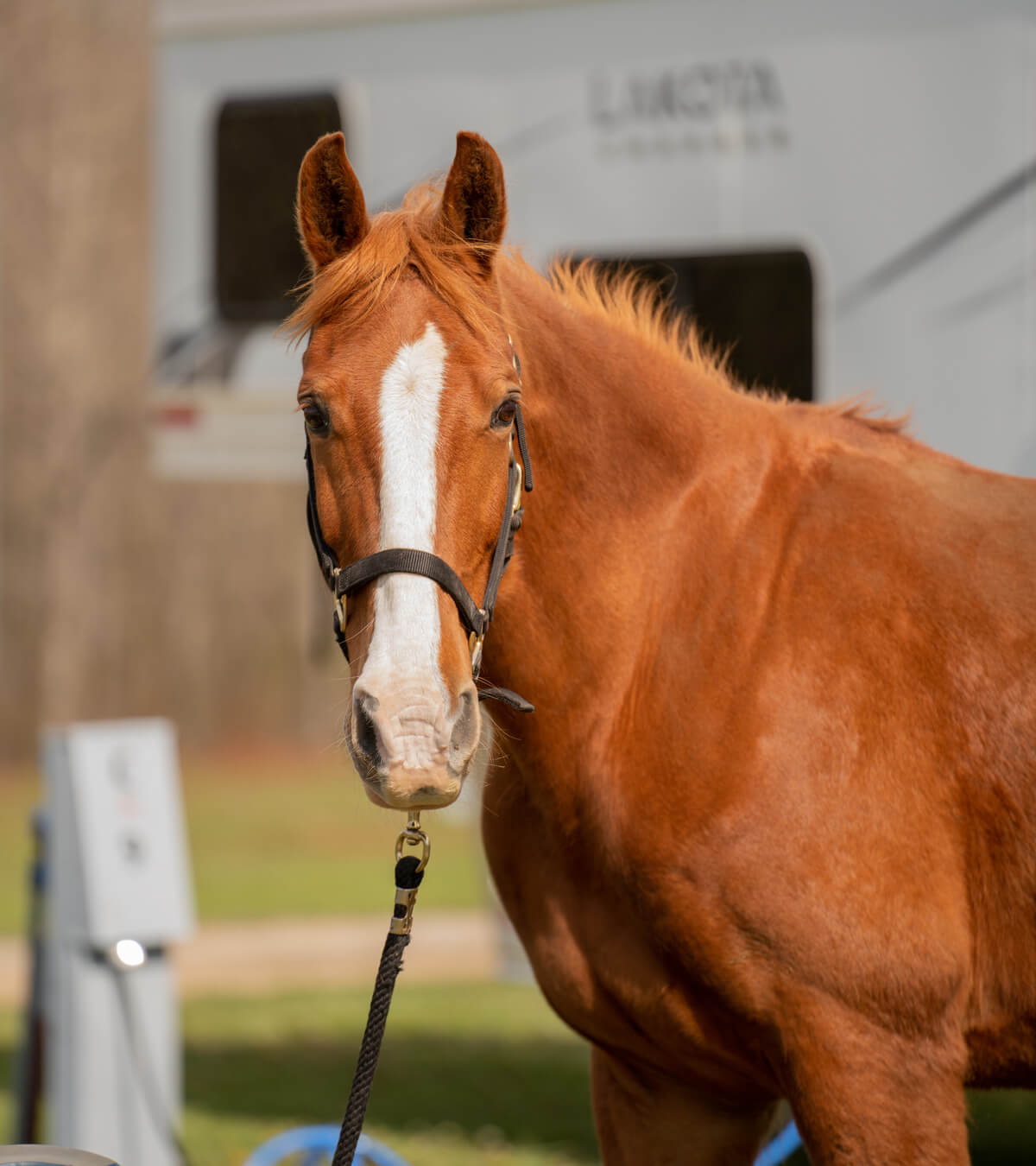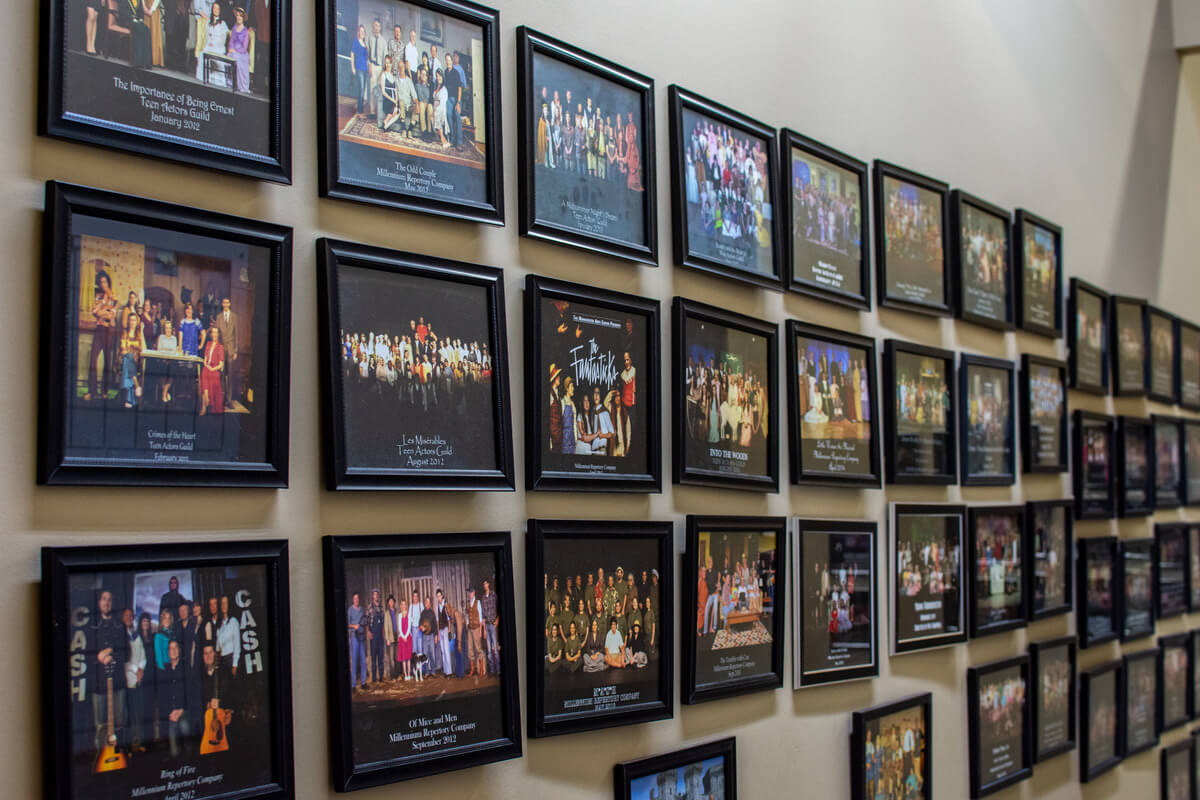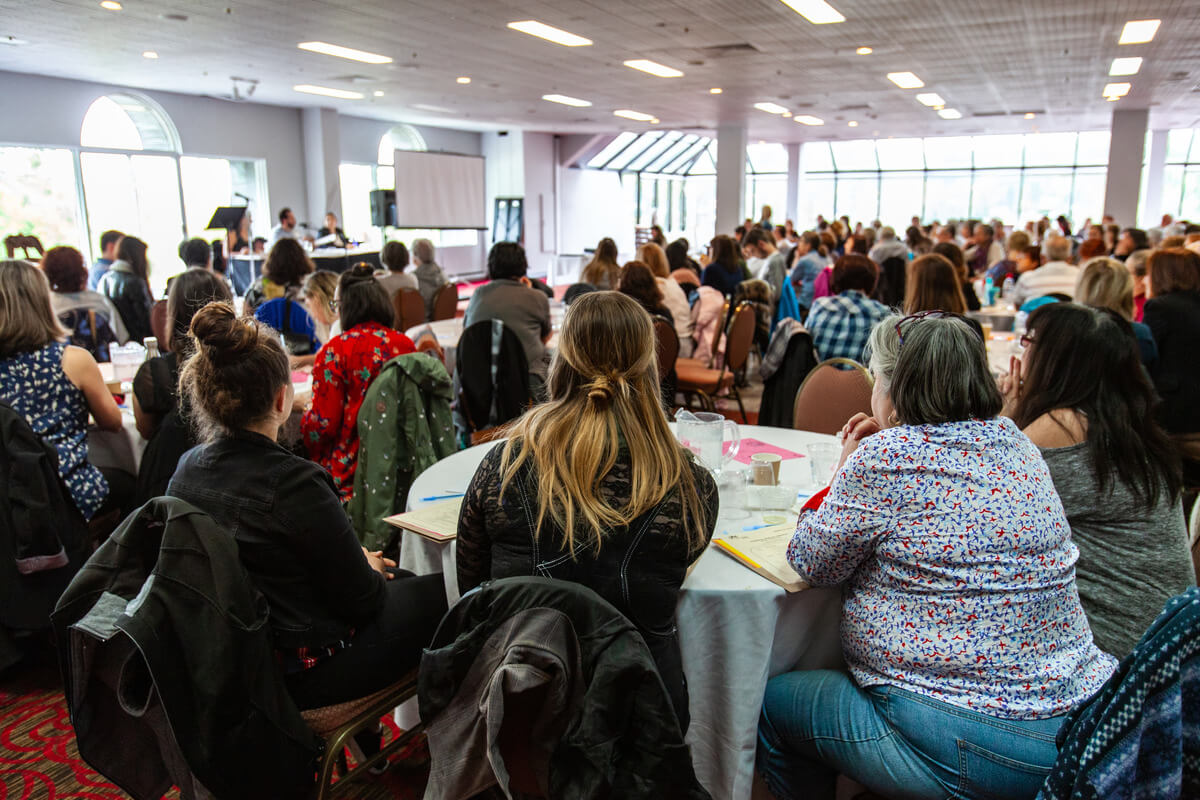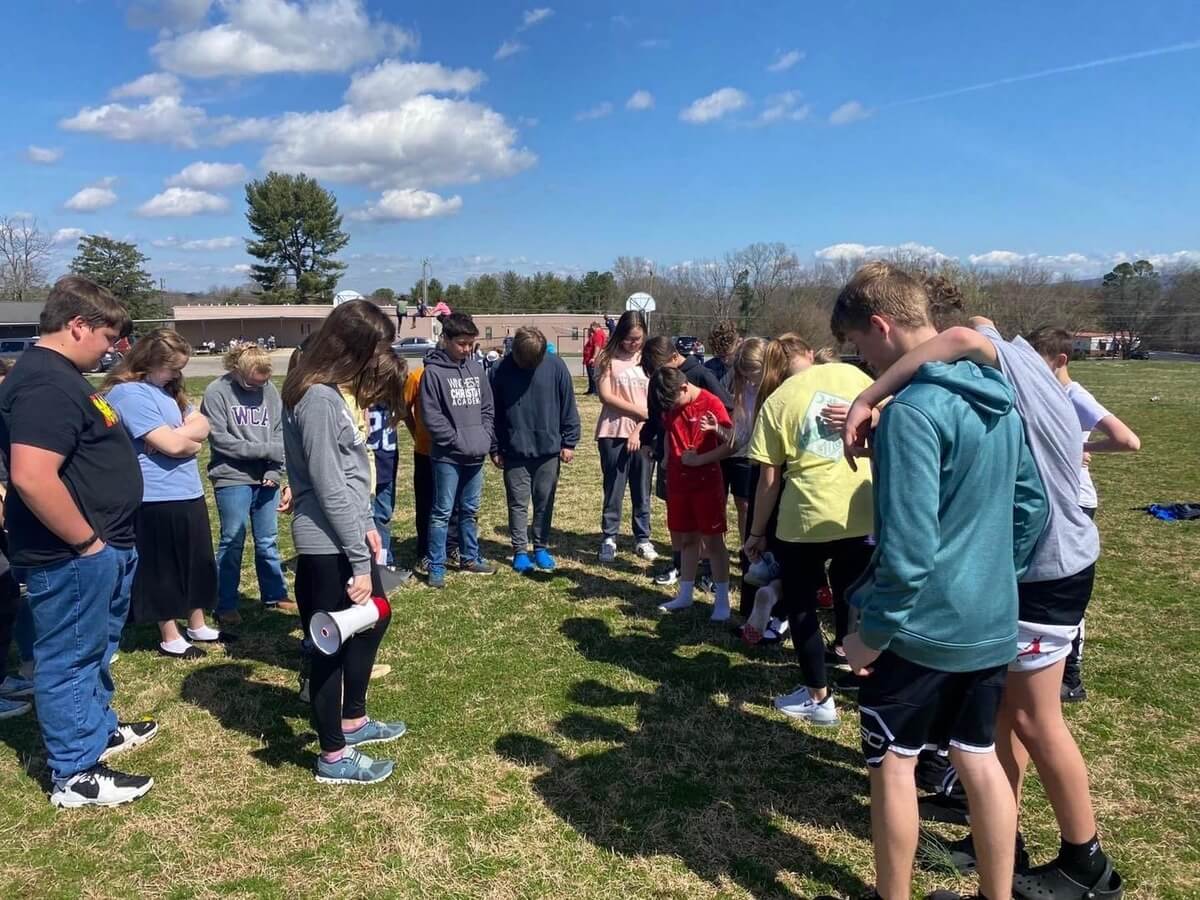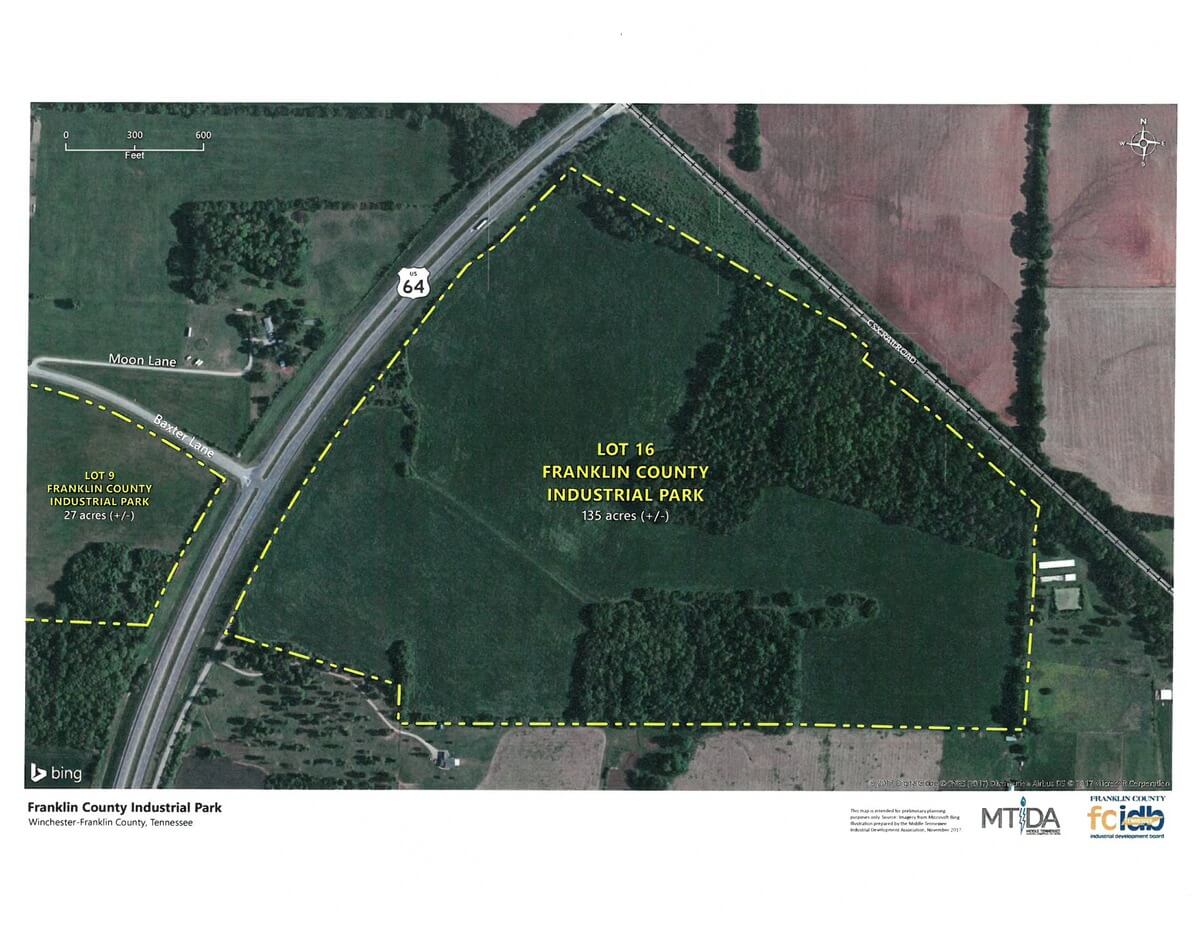THERE MIGHT not be a better person in your corner than Christine Hopkins. She is hope encased in human form and is determined to leave each person she encounters better than when she found them.
Her kind eyes and smile immediately let you know that you are in caring hands, but her wit and intelligent manner will leave you with no doubt that whatever your needs, Hopkins is going to do her best to see that they are taken care of.
For over 60 years, she has made her way through several careers, or “lives,” as she likes to call them, working to give hope and a voice to those who are in need or have been dealt a bad hand in life. There are no lost causes for Hopkins—just another chance at showing the person and the world how valuable they are.
A Franklin County High School graduate, Hopkins would attend Motlow College and then Middle Tennessee State University, where she would achieve a bachelor’s and master’s degree.

“I started my professional career in the education field, as I always wanted to be a guidance counselor in vocational education,” she explained. “It probably goes back to my earlier life when I wanted to help people. When I think about those times and the need to help those who cannot help themselves, becoming a counselor was the goal, but the education part is what it took to get there.”
Over the last six decades, she has served as a social worker for the Franklin County Board of Education, a Counselor II for the State of Tennessee, a manager and state director for the Tennessee Vocational Training Center’s Division of Rehabilitation Services, director for Caring Incorporated, a member of the Franklin County School Board, Regional and State Workforce and several other boards.
Hopkins said the goal was and still is to make a difference. Now, at 87, she currently serves as the executive director of the Middle Tennessee Rural Reentry program. For Hopkins, there are still many more “lives” to live and people to help.
“Just because people are elderly doesn’t mean they are done,” she explained. “That’s when they start knowing what they need to do. When you are lying in the casket, the only thing that you take with you is what you gave away. What you give away can create a ripple effect and make generational changes for years.”

Hopkins is making ripples in grand proportions through her work as a reentry director. She and her staff work to “provide quality community reentry services that will reduce recidivism, empower clients to enter gainful employment, lead productive lives, and return to safer communities,” according to the program’s mission statement.
We’ve been in existence since 2007,” explained Hopkins. “We’ve served over 1700 people. Every story you could ever think of, I’ve heard. There is nothing you could tell me that would shock me. I have never worked with incarcerated individuals, but this population drives you. We provide evidence-based classes that change cognitive behavior and build self-esteem and self-worth. You’ll never be able to rehabilitate individuals unless their self-esteem is present. Most individuals desire to make a difference in someone’s life. You just have to help find it.”
She has also worked to improve the lives of Franklin County residents with what Hopkins considers to be the biggest material accomplishment—the Tennessee College of Applied Technology, which opened in 2020. Hopkins said with the support of a lot of people and God’s will, the dream of the school became a reality. She also expresses her love to all 15 members of her family who are a part of her success.
“It took us about 10 years to secure the tech school, but we didn’t give up,” she said. “I’m one of the most persistent people you’ll ever want to meet. The goal was to raise the standard of living for citizens of the community by having a career and higher income to raise their families.”
While she is getting older and may not be as fast-moving as she used to be, she said that God gave her a brain, and as long as he wants her to use it, she will work to help make a difference in people’s lives.
“The goal is to keep on changing,” she said. “When things go wrong, as they sometimes do, don’t quit. When they tell you ‘no,’ it doesn’t necessarily mean no. There may be someone in line who might say yes.” GN


